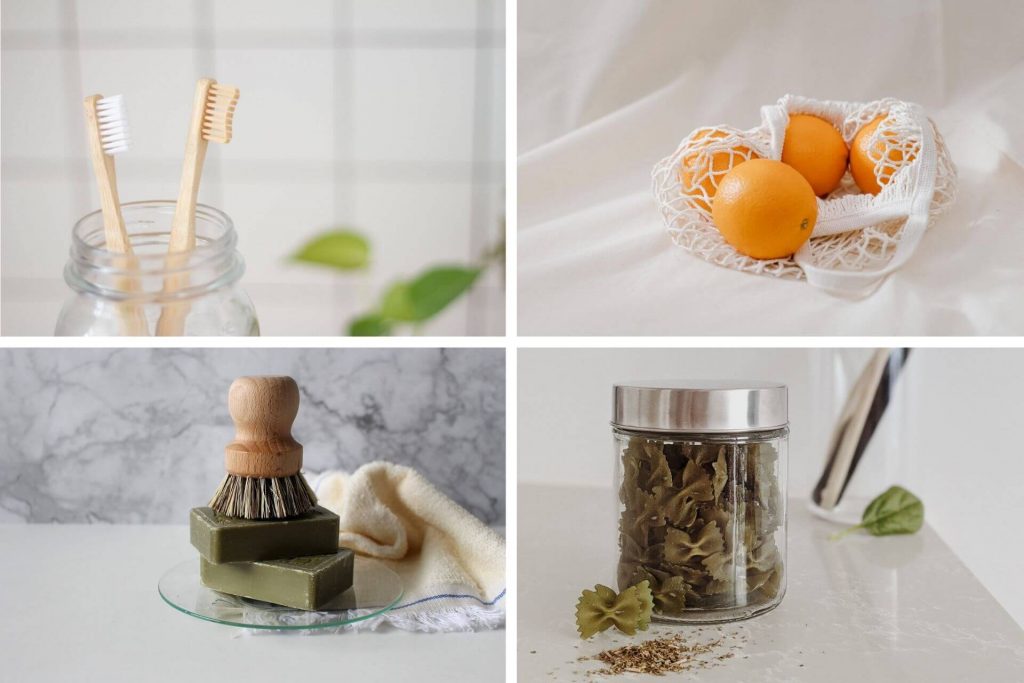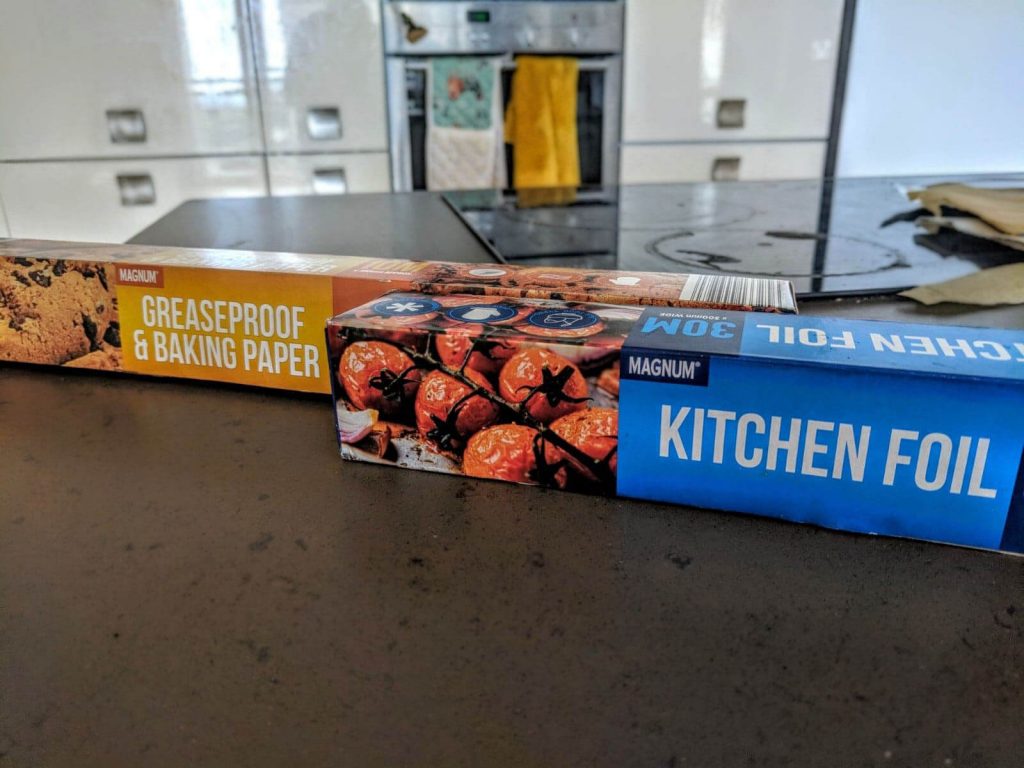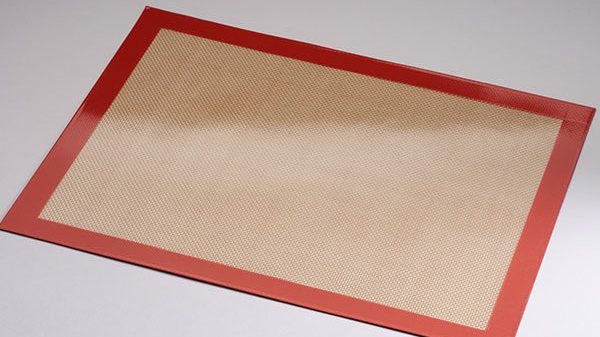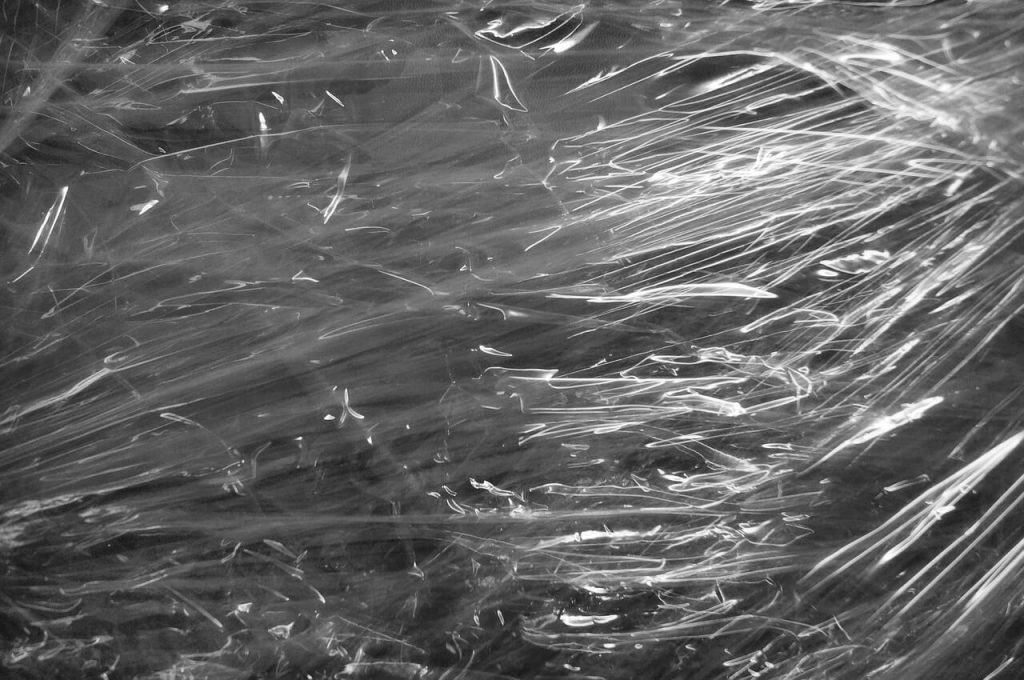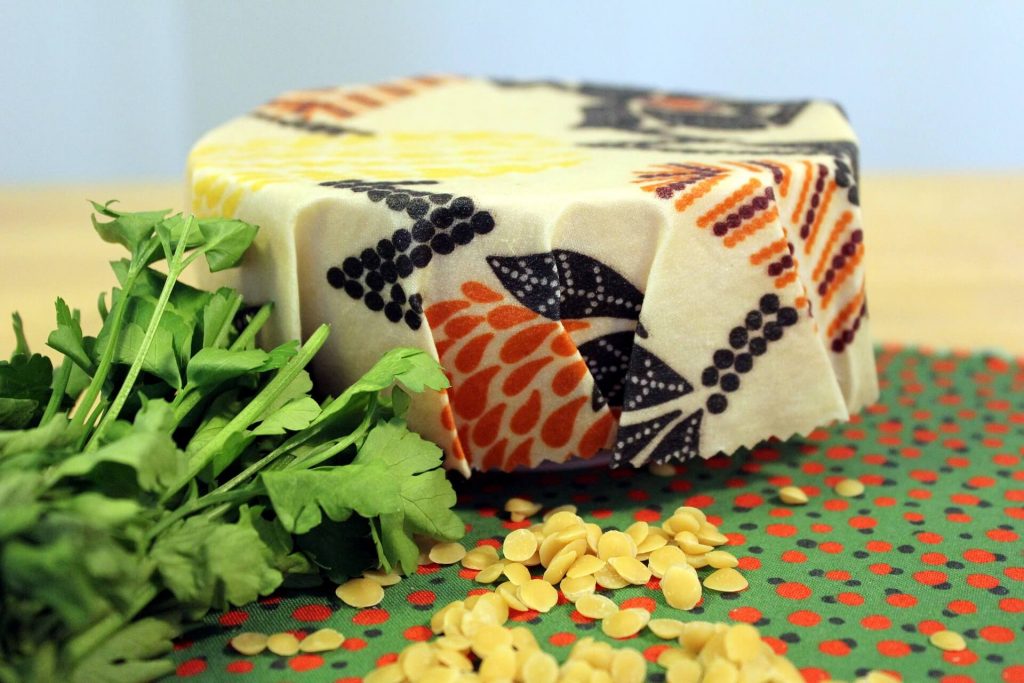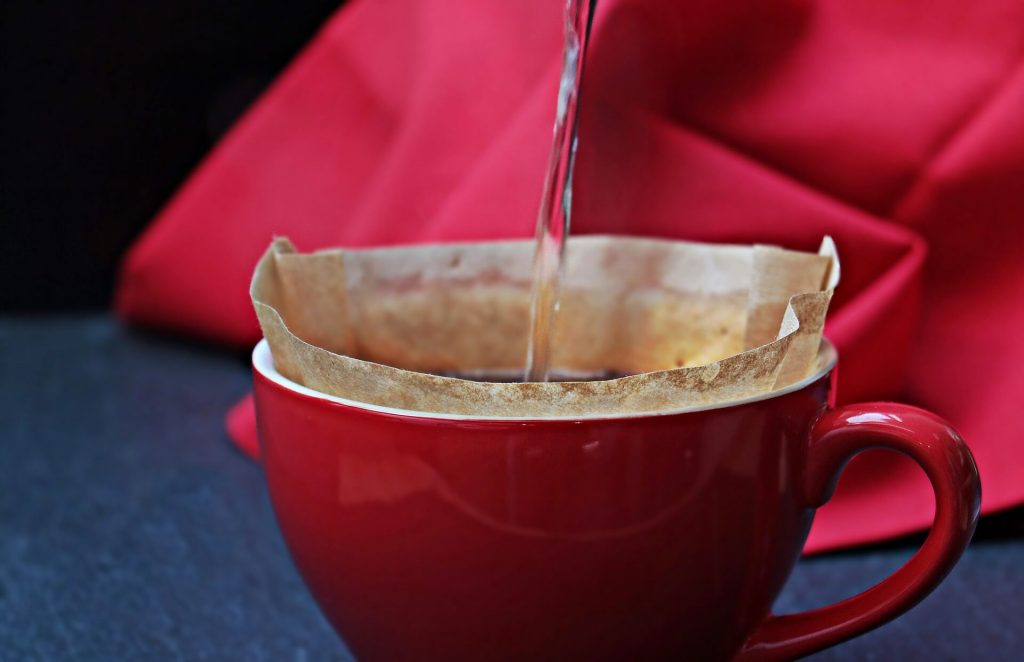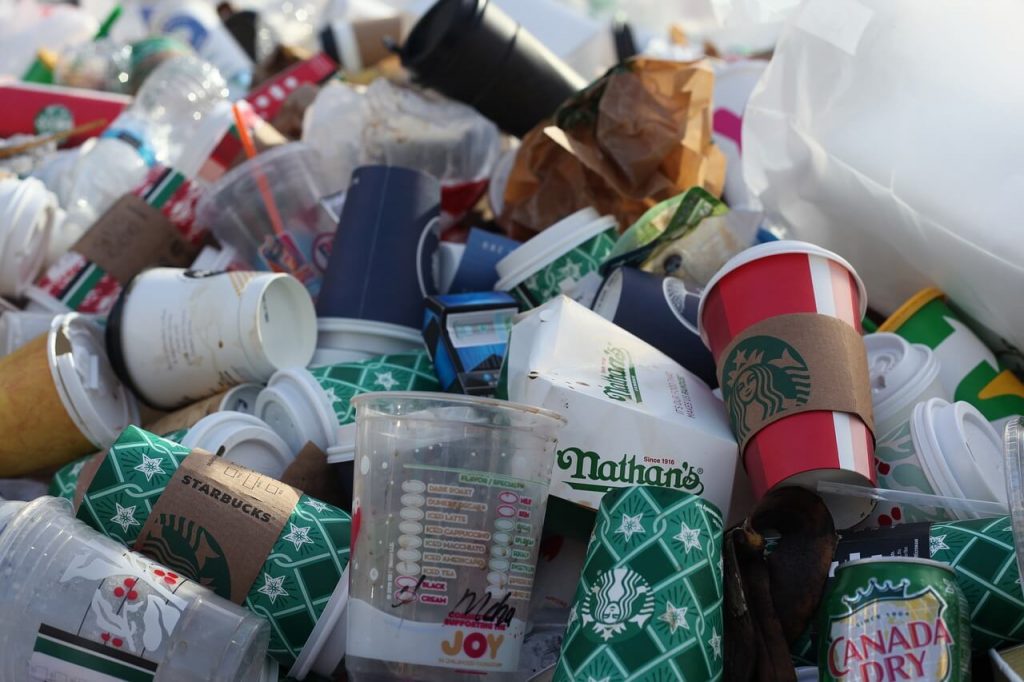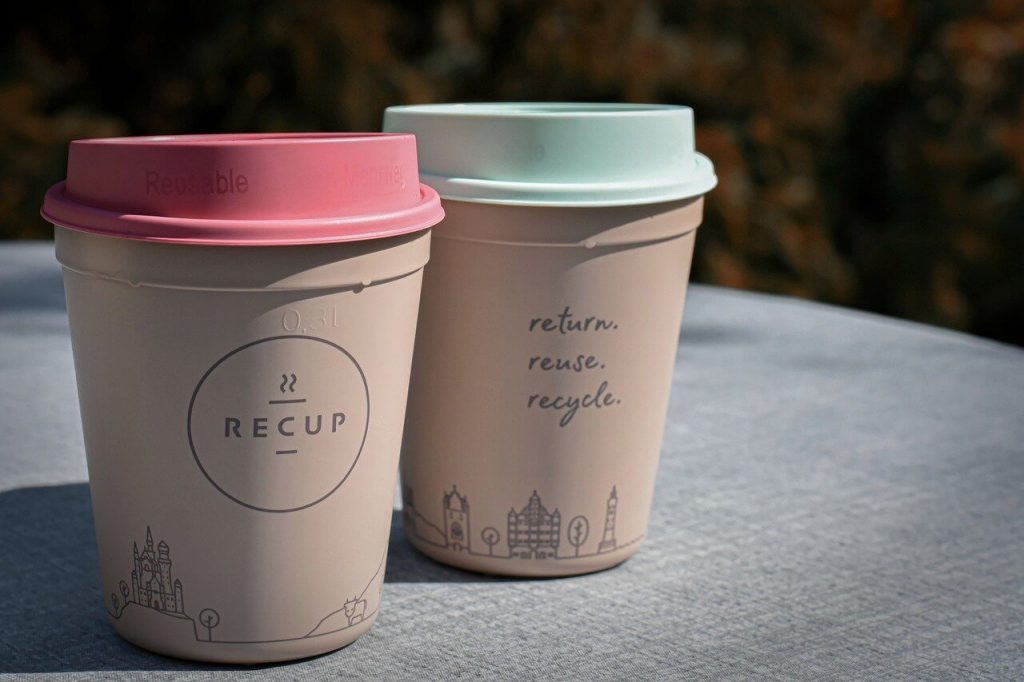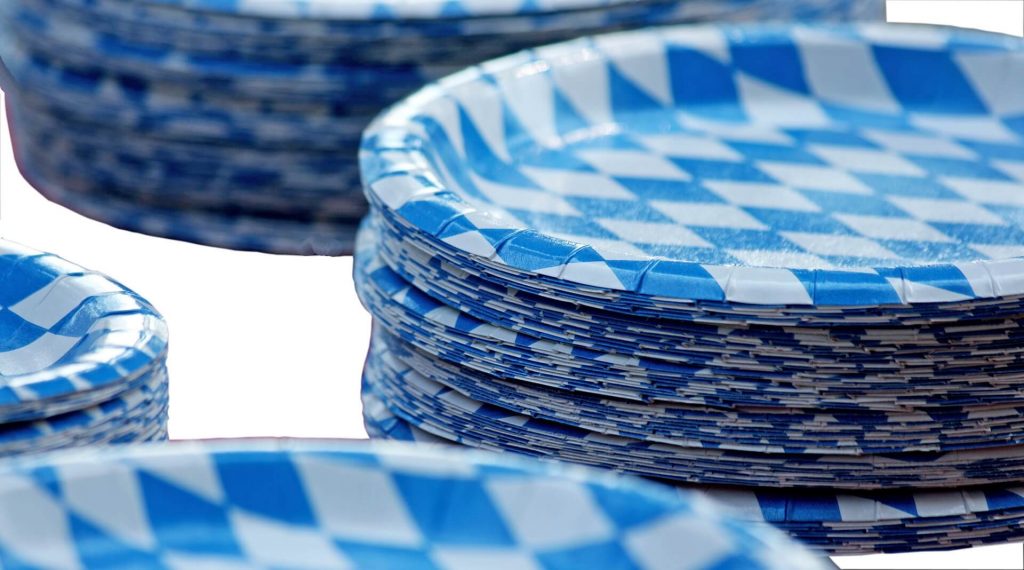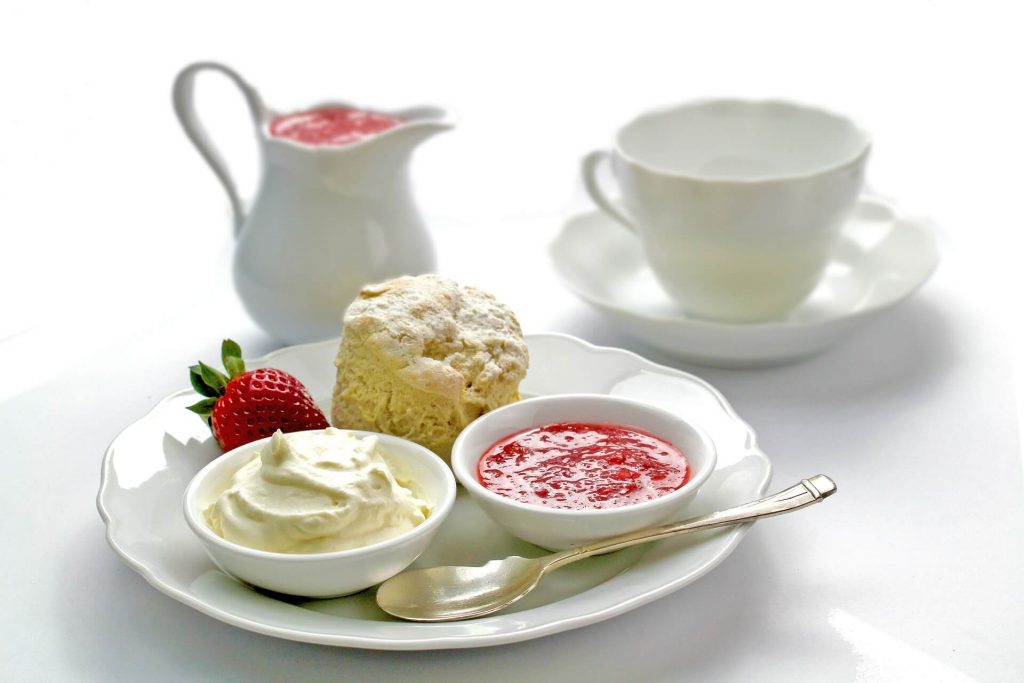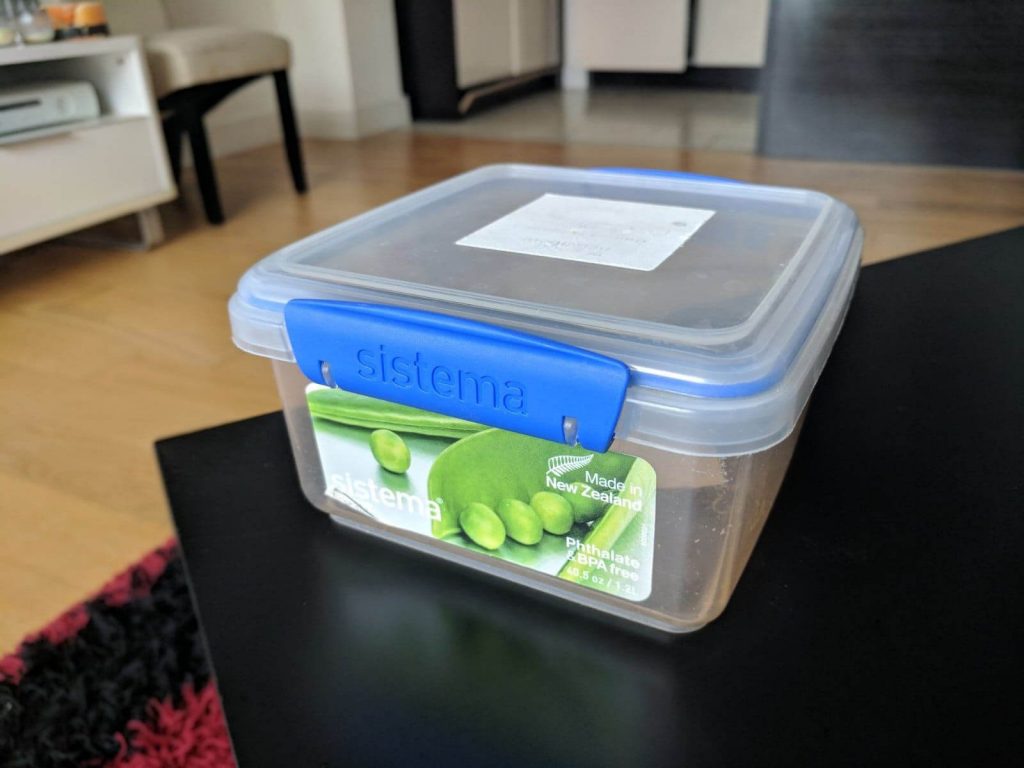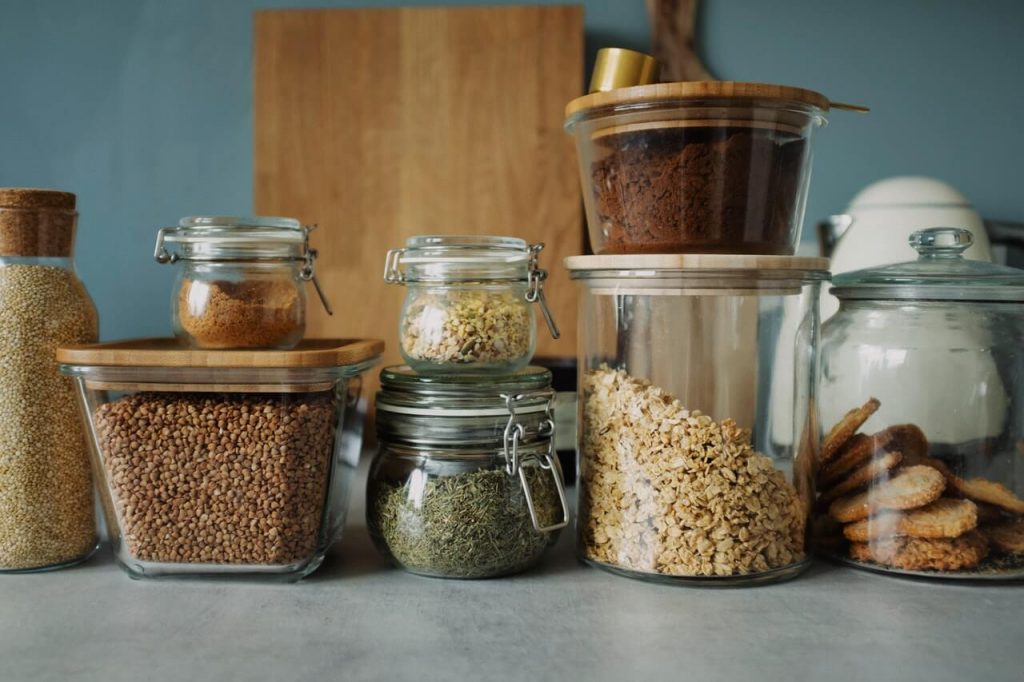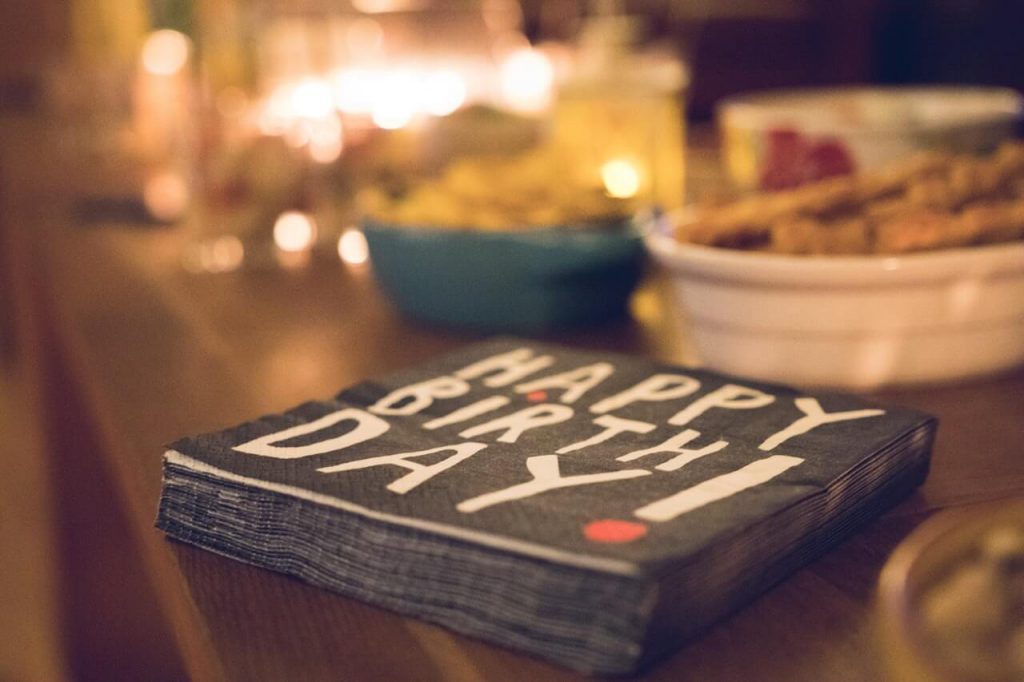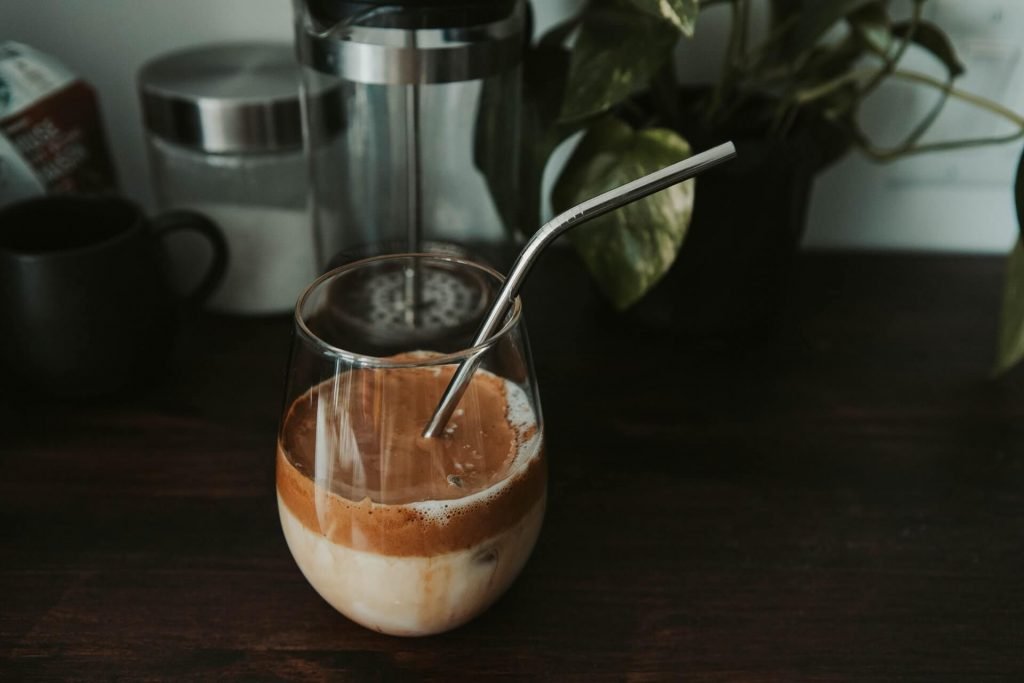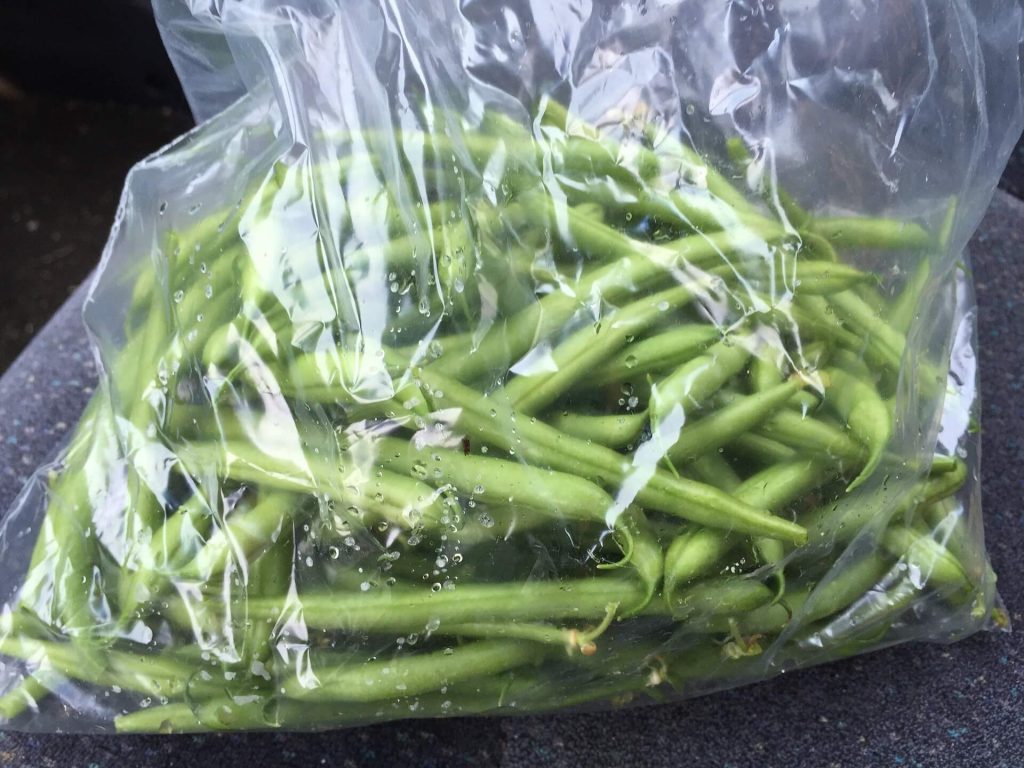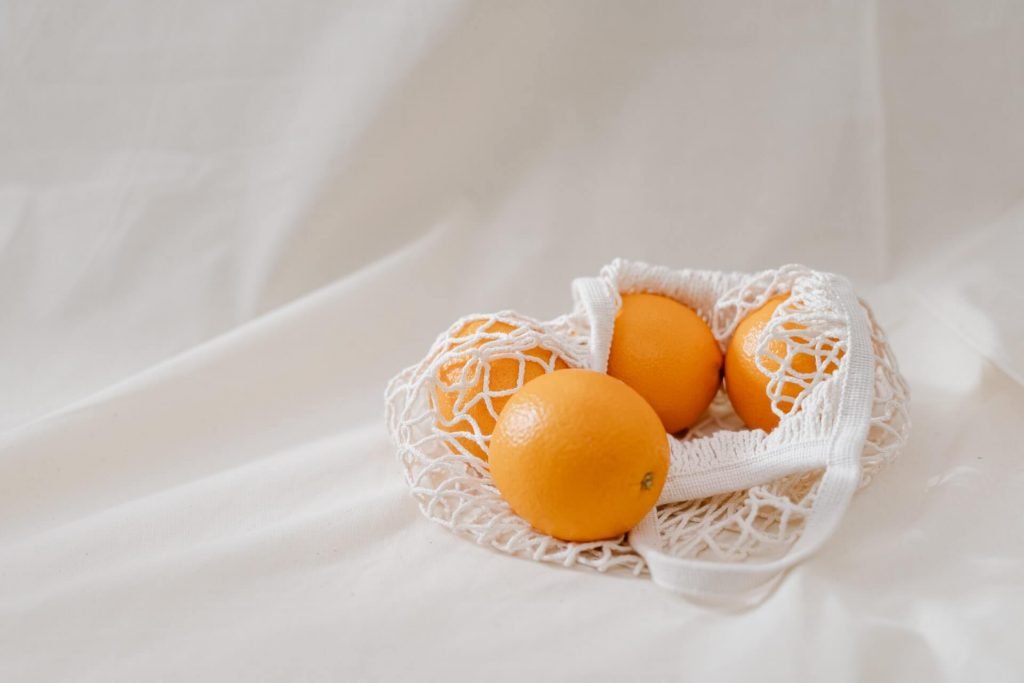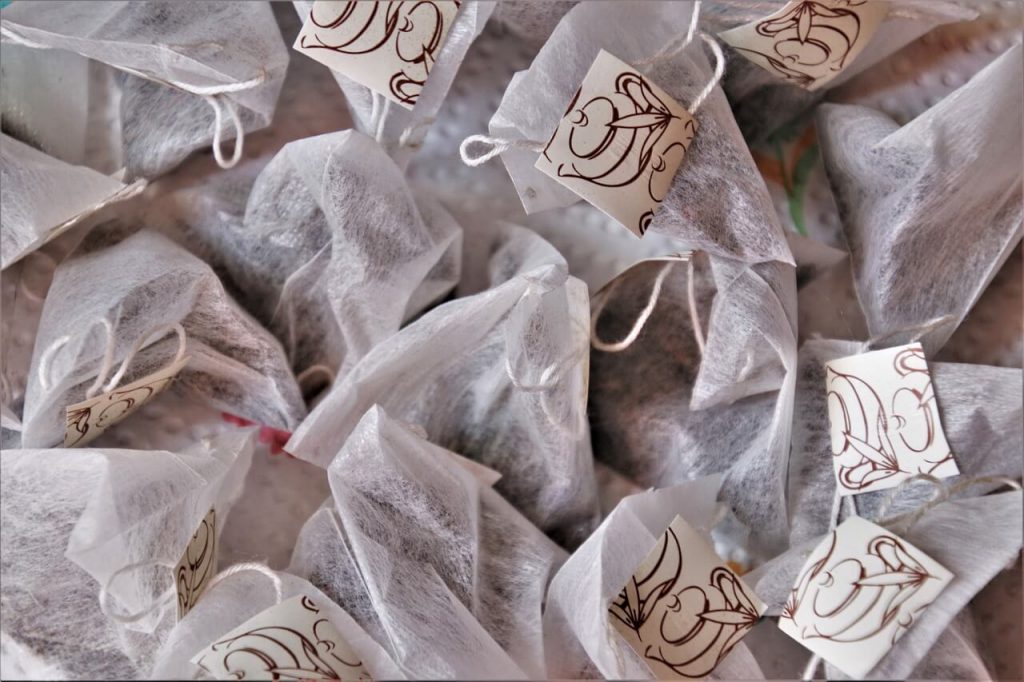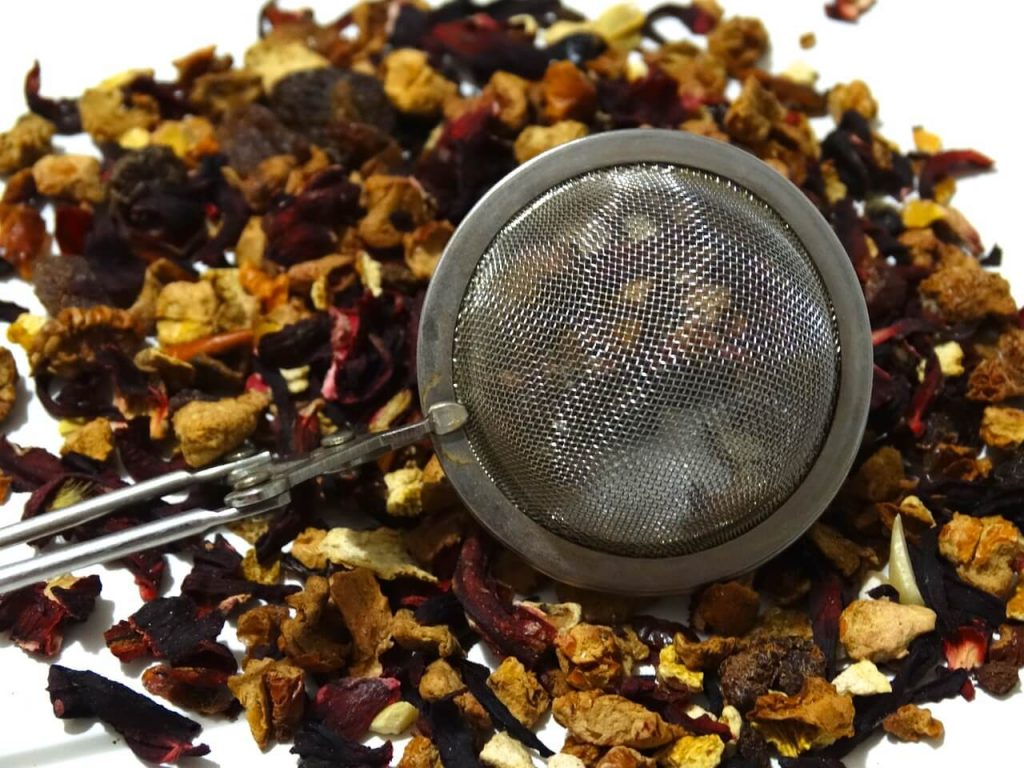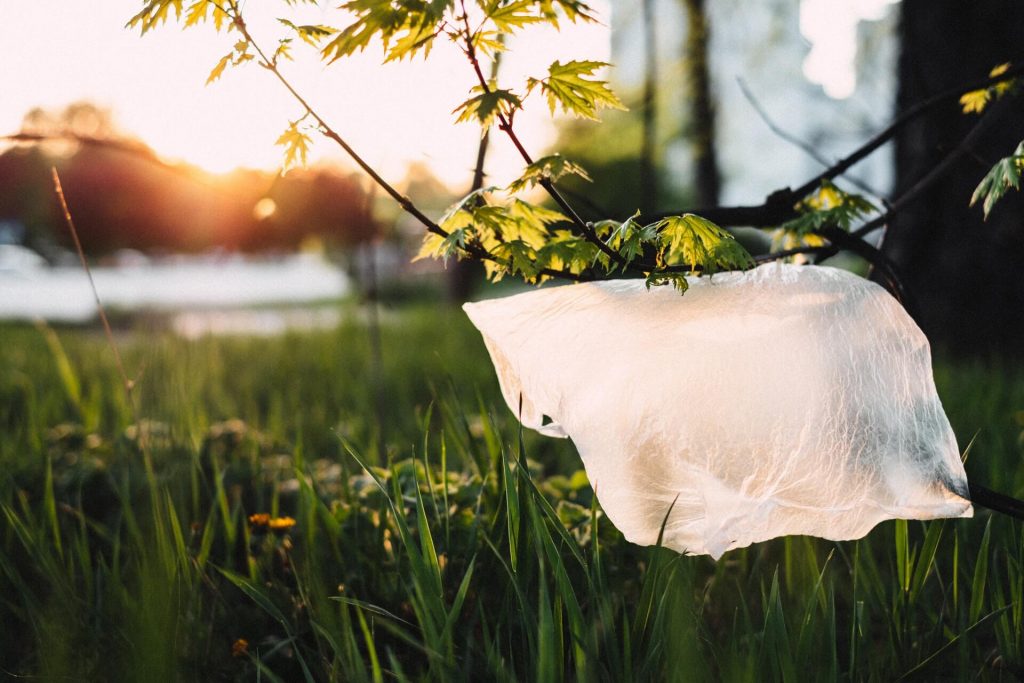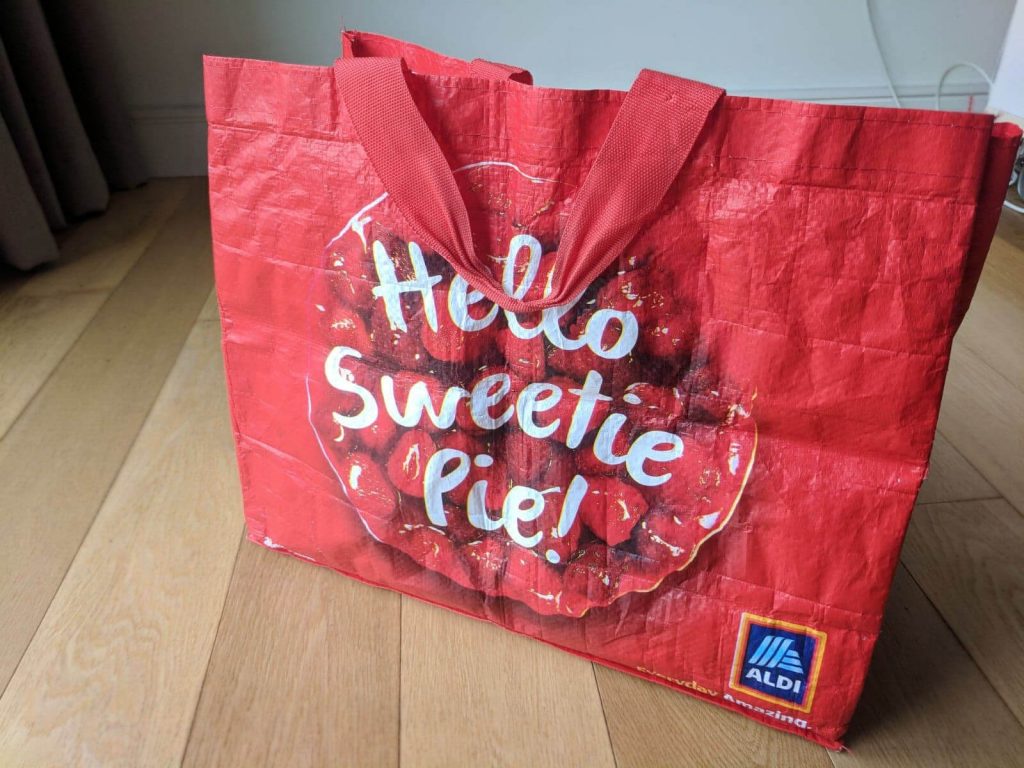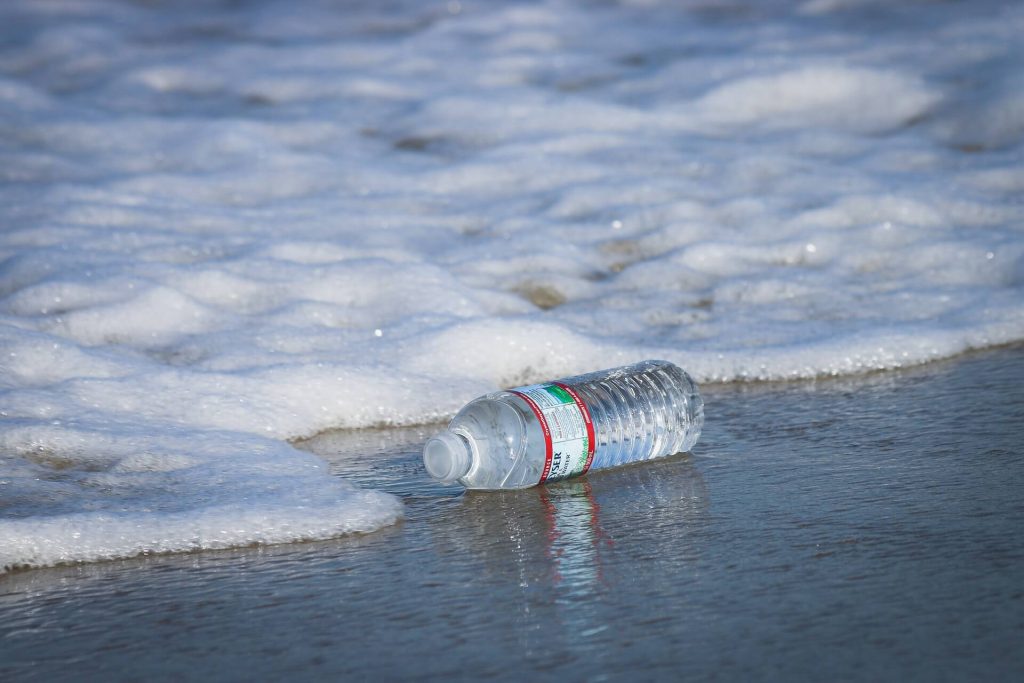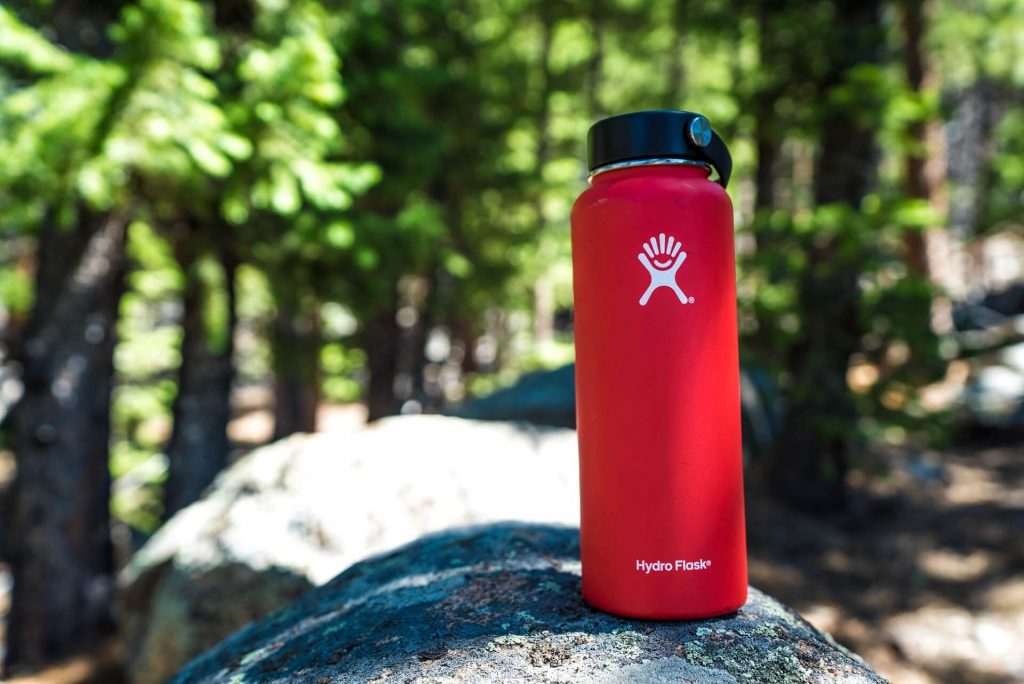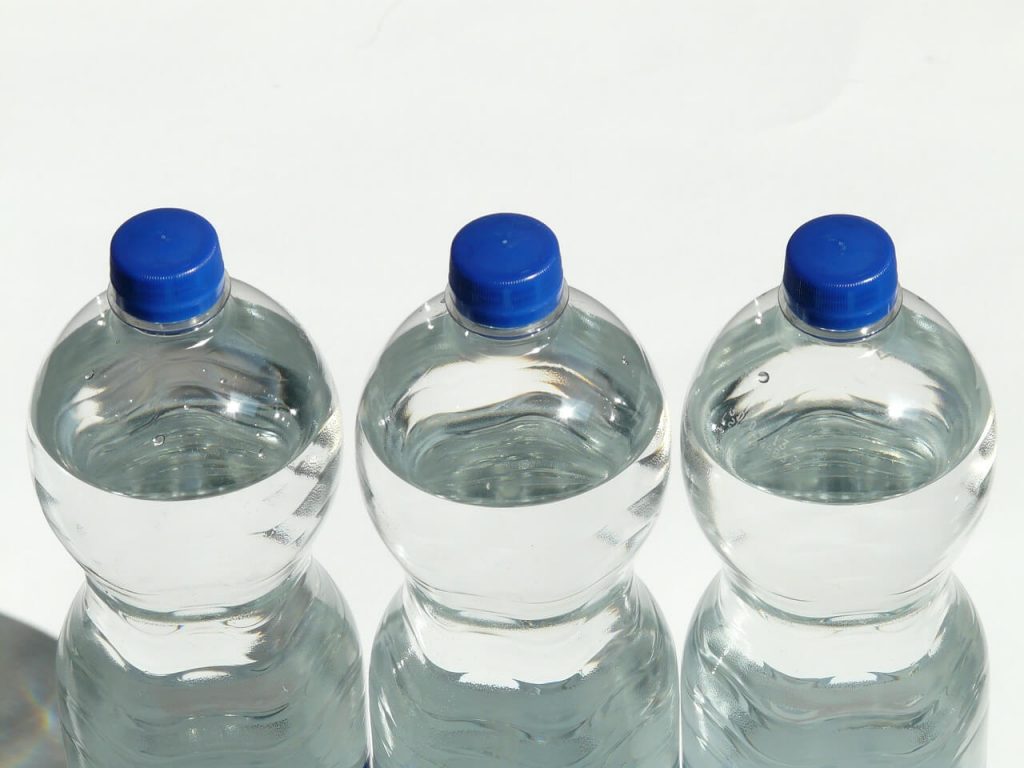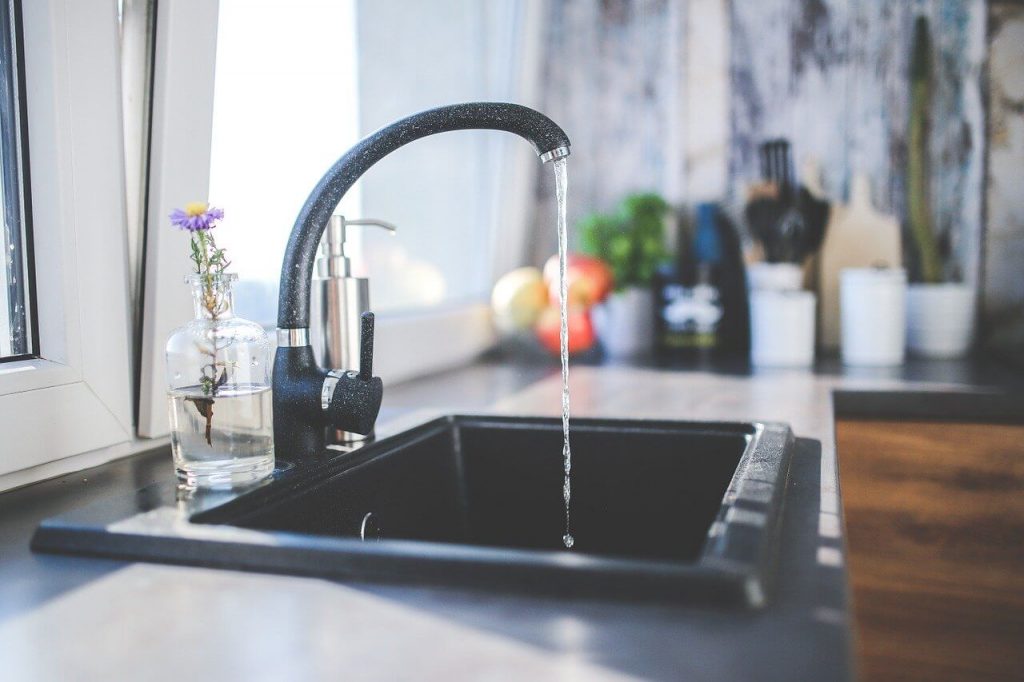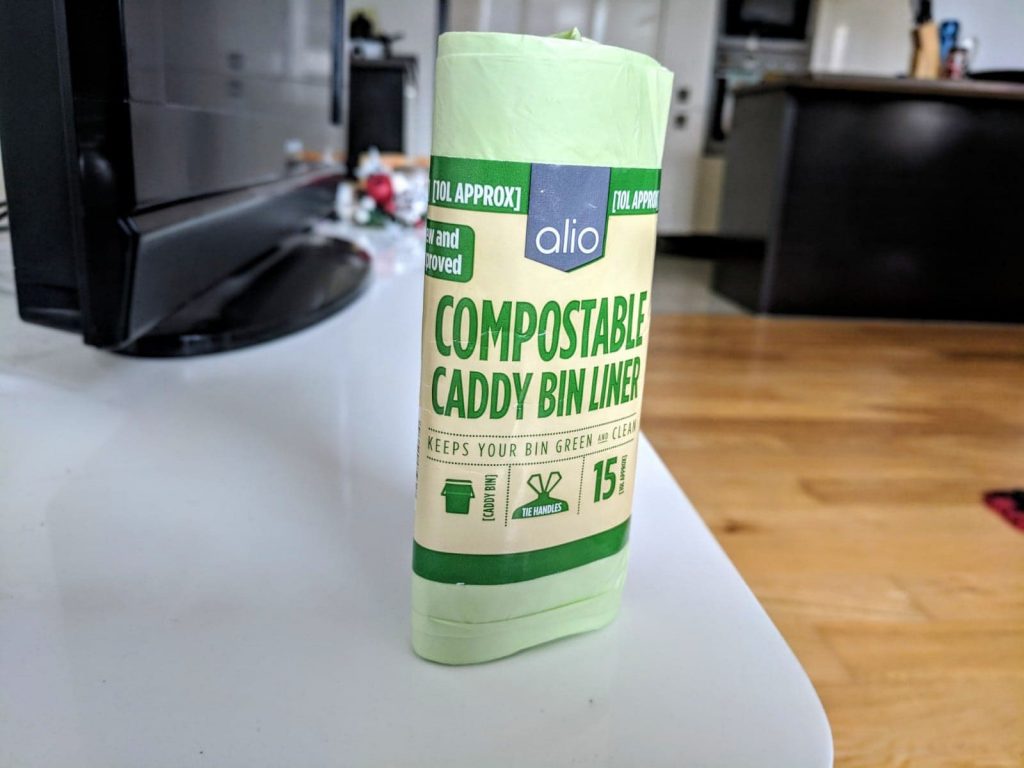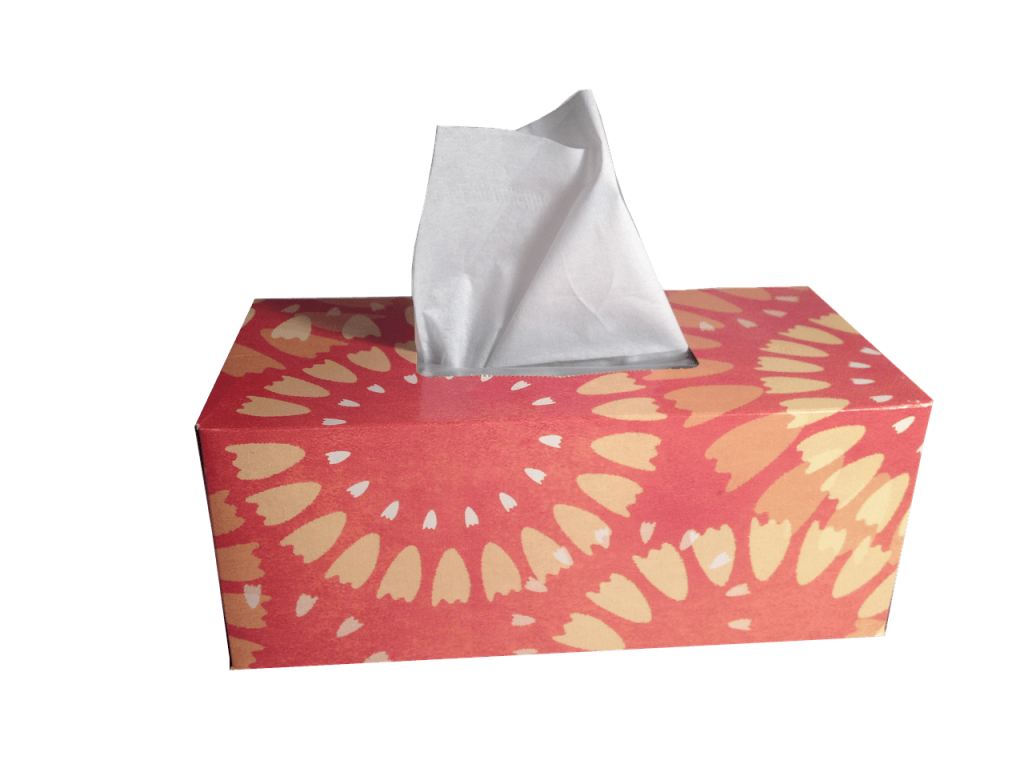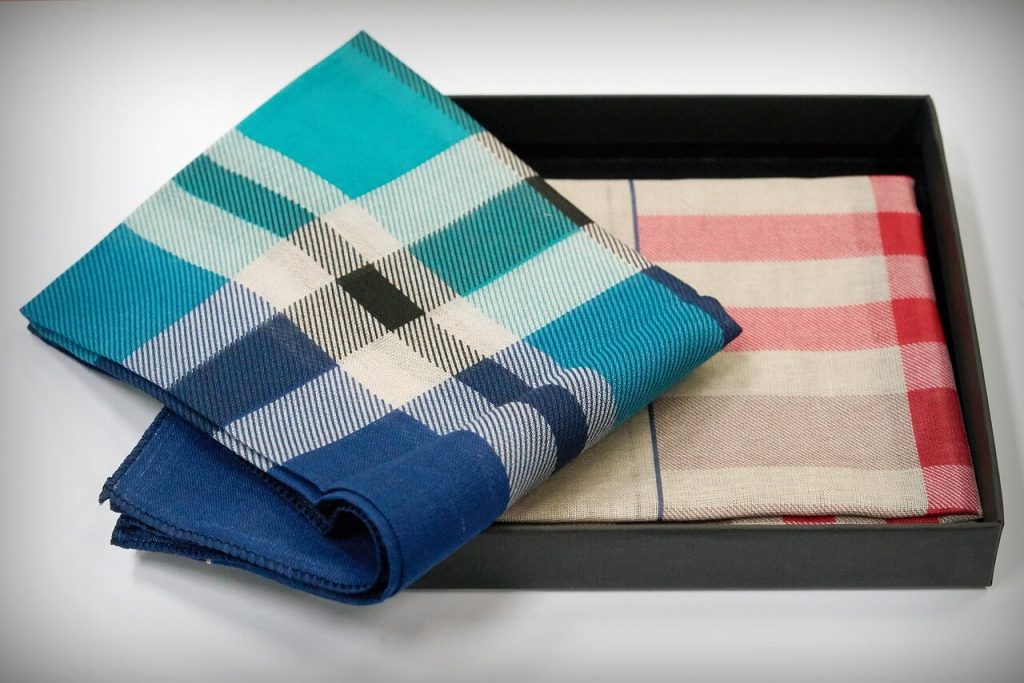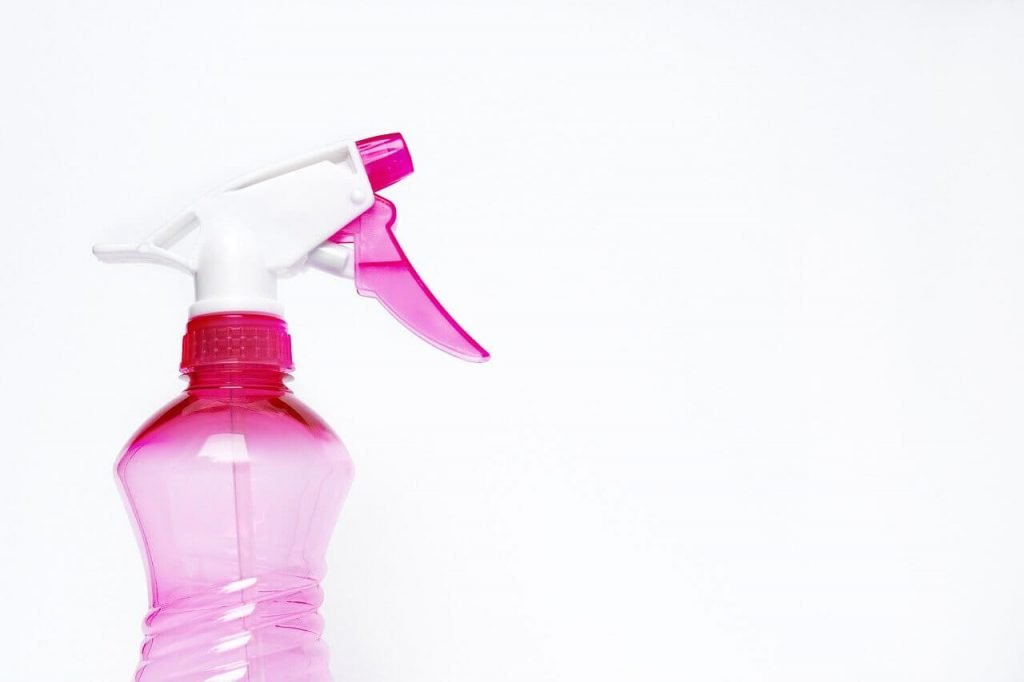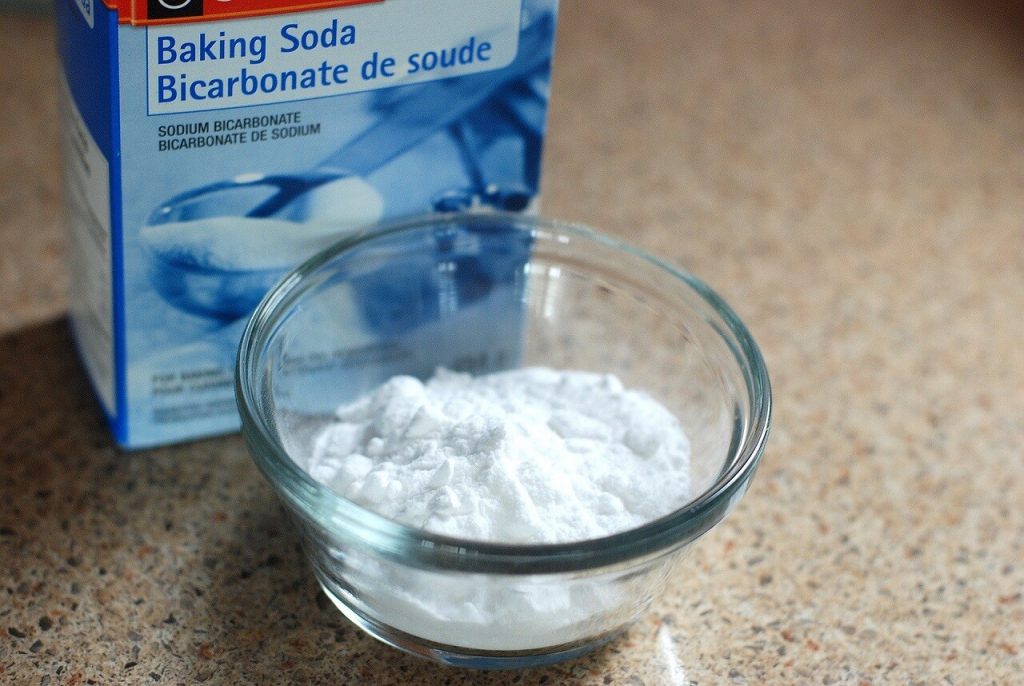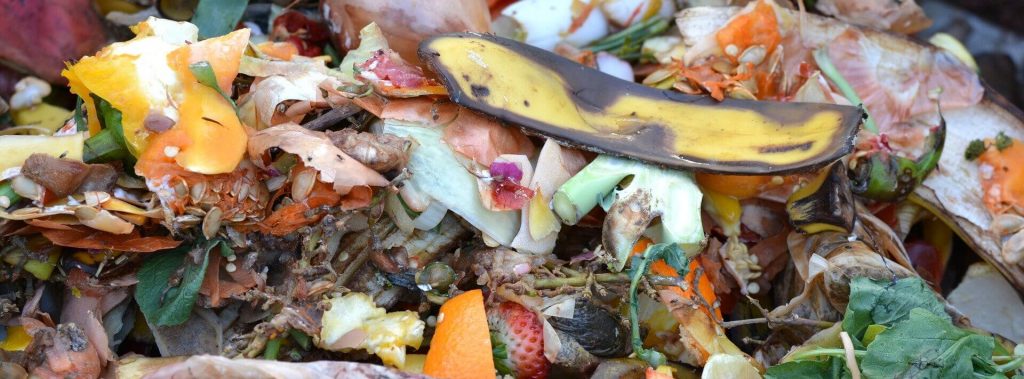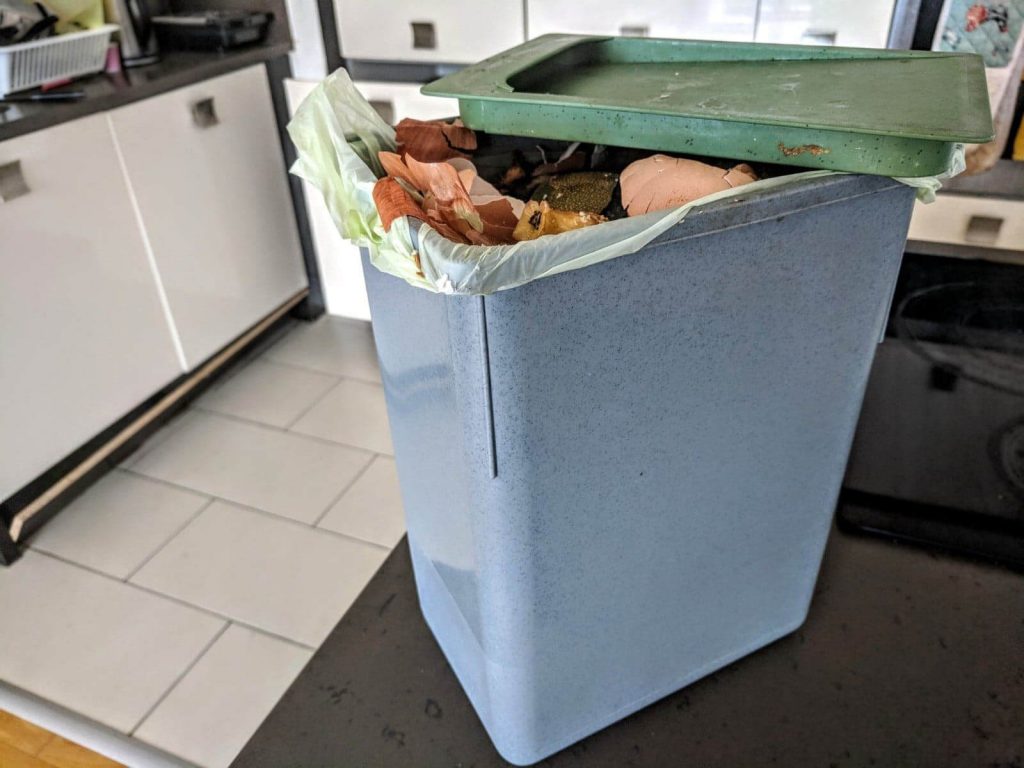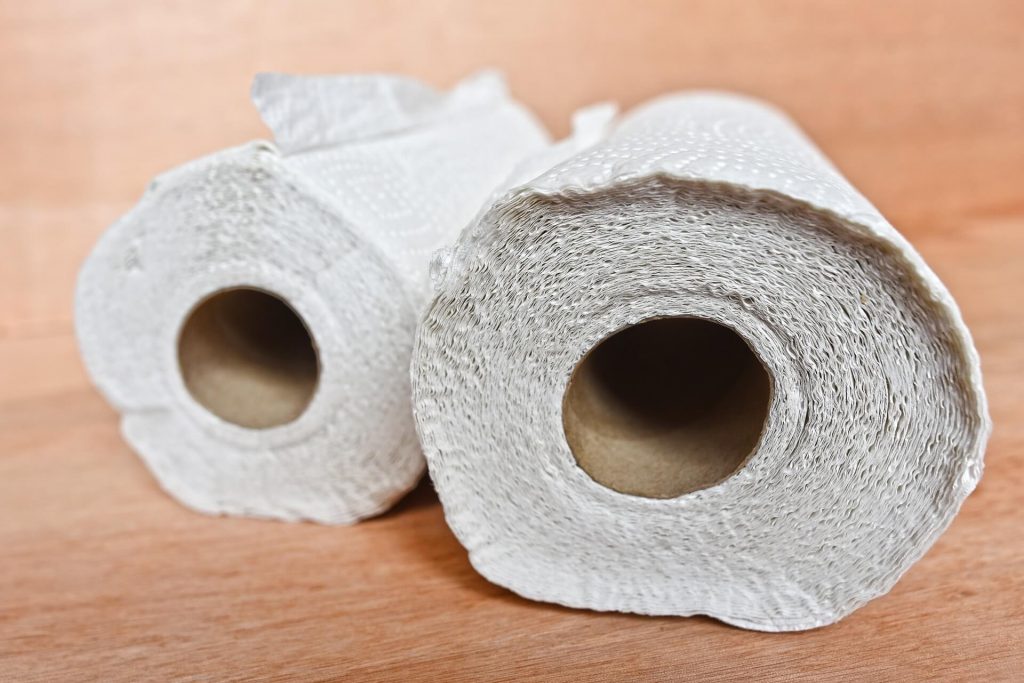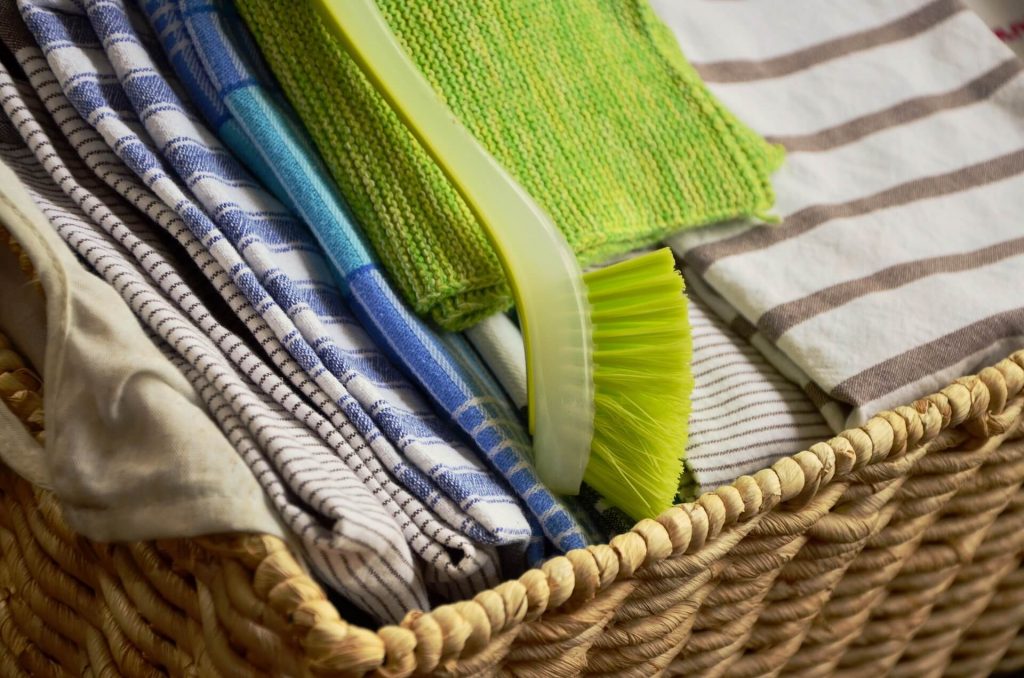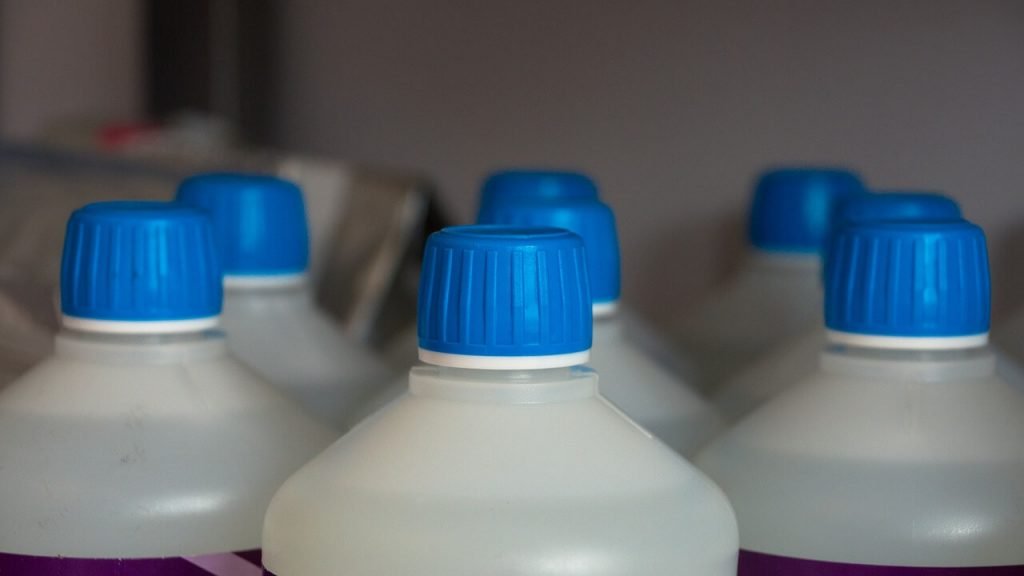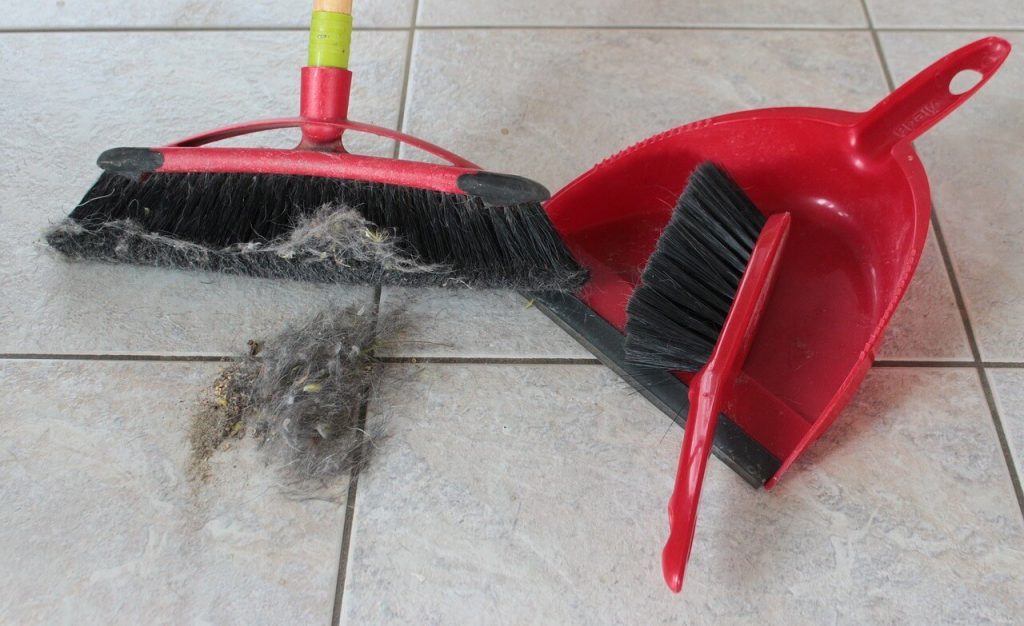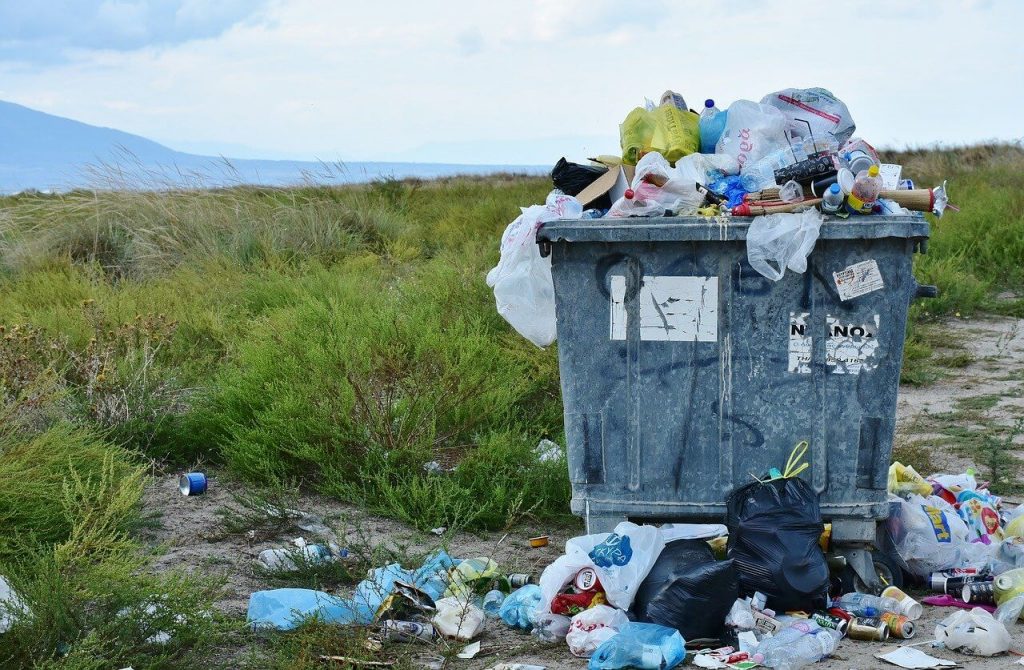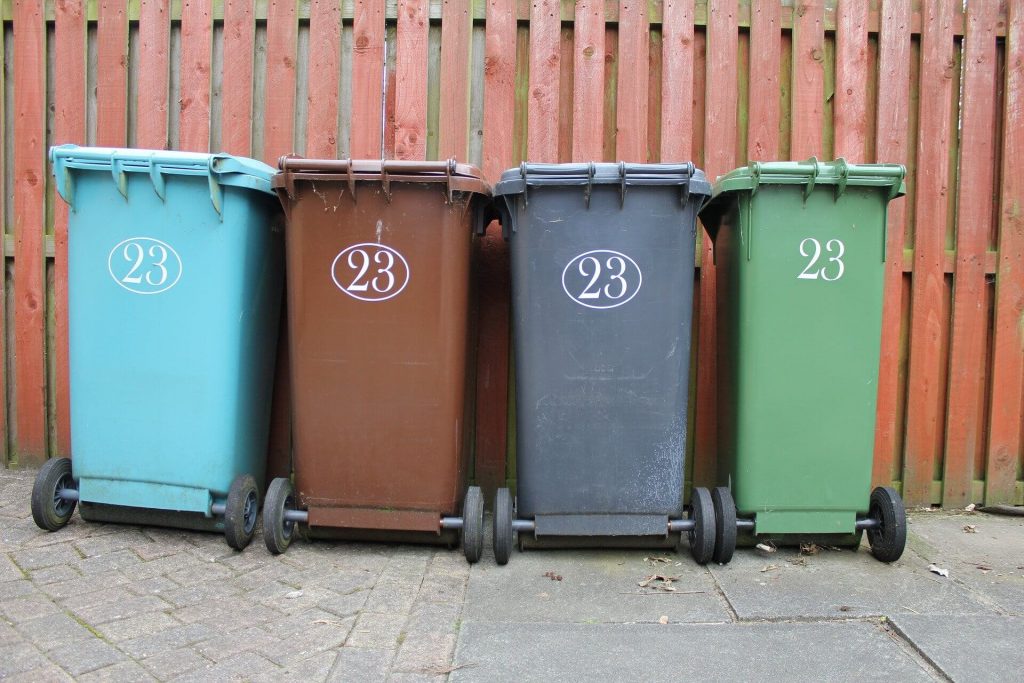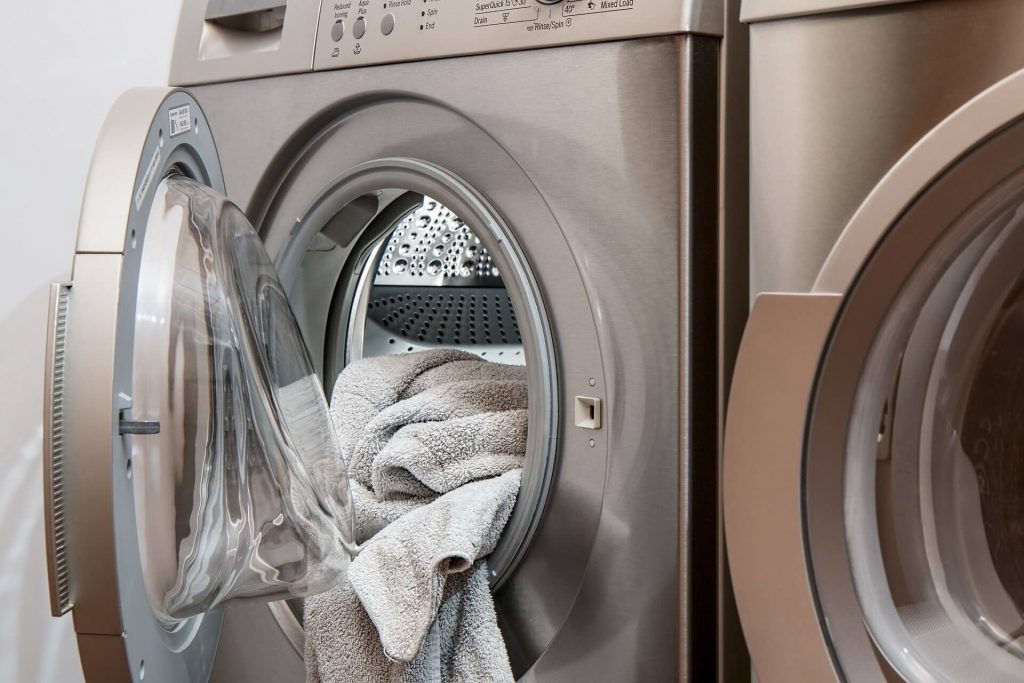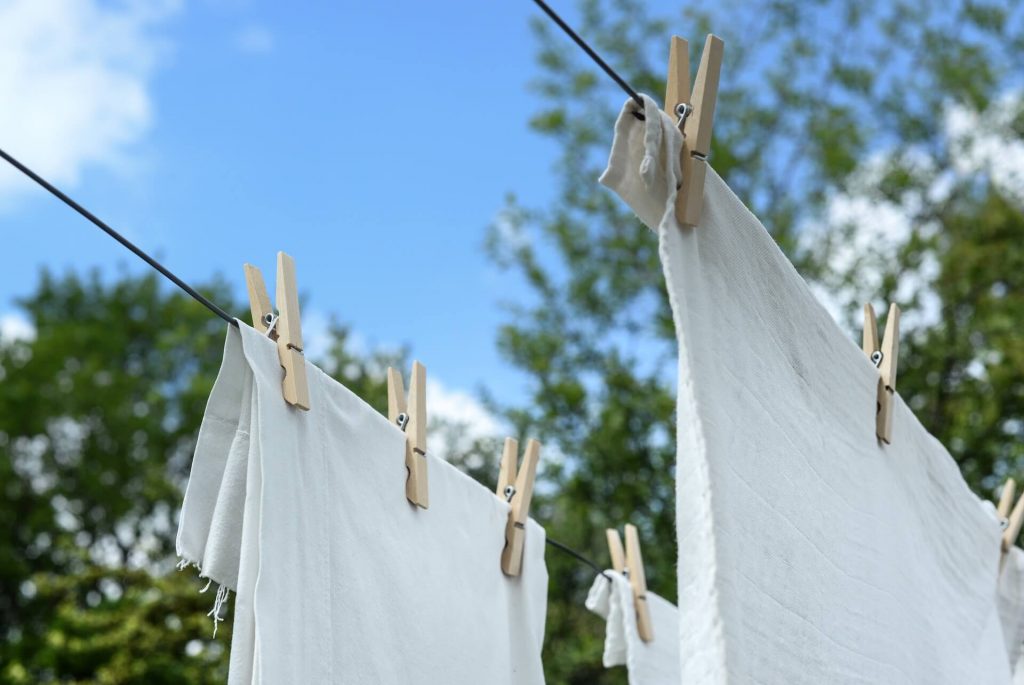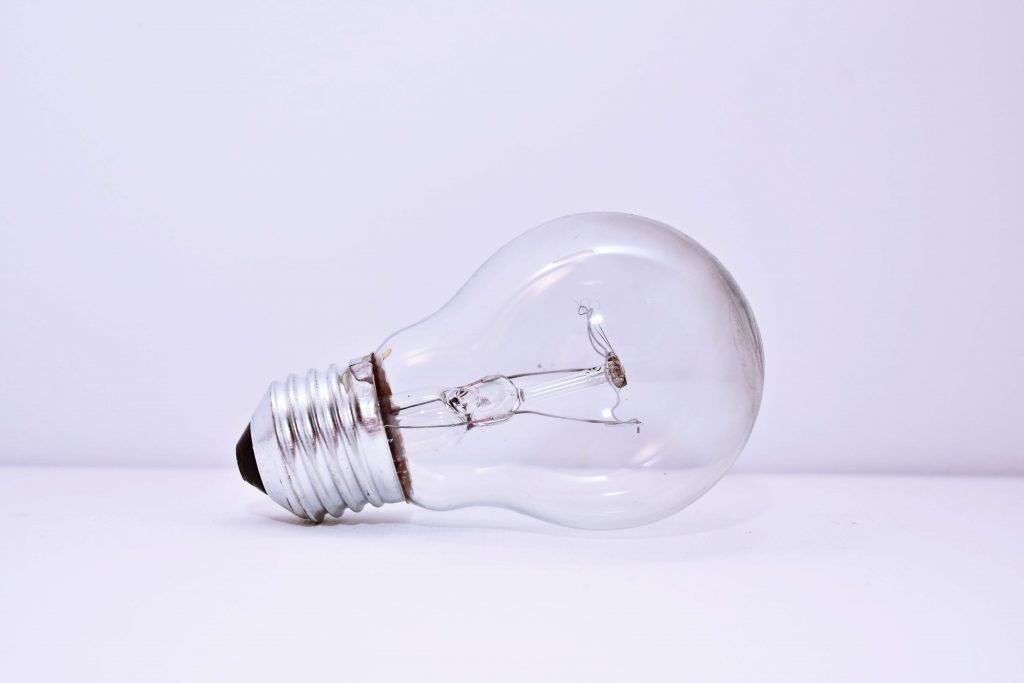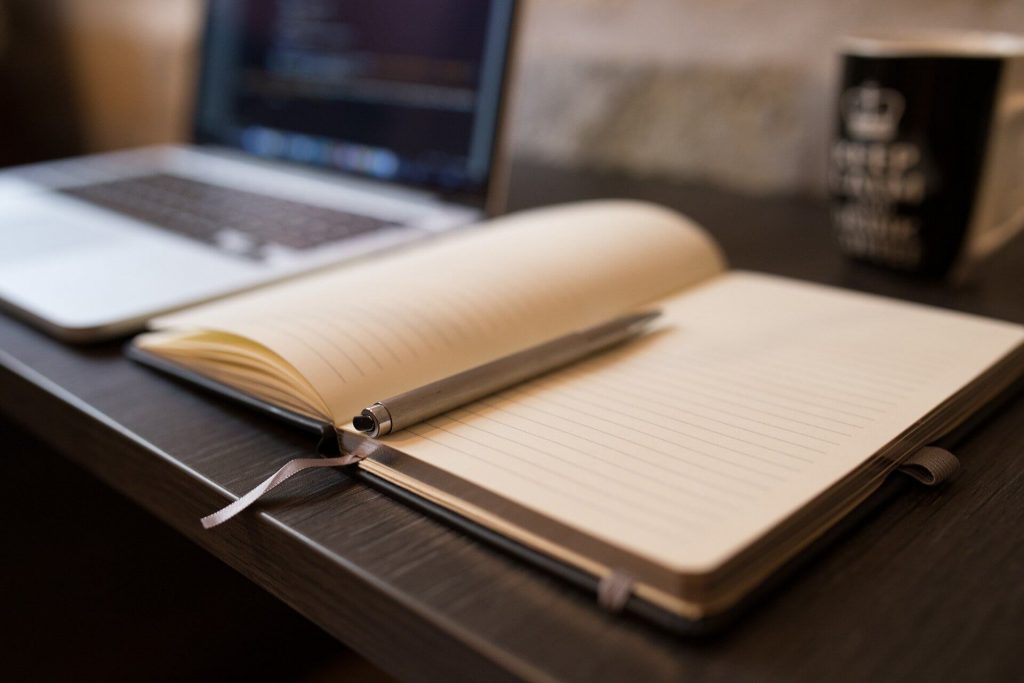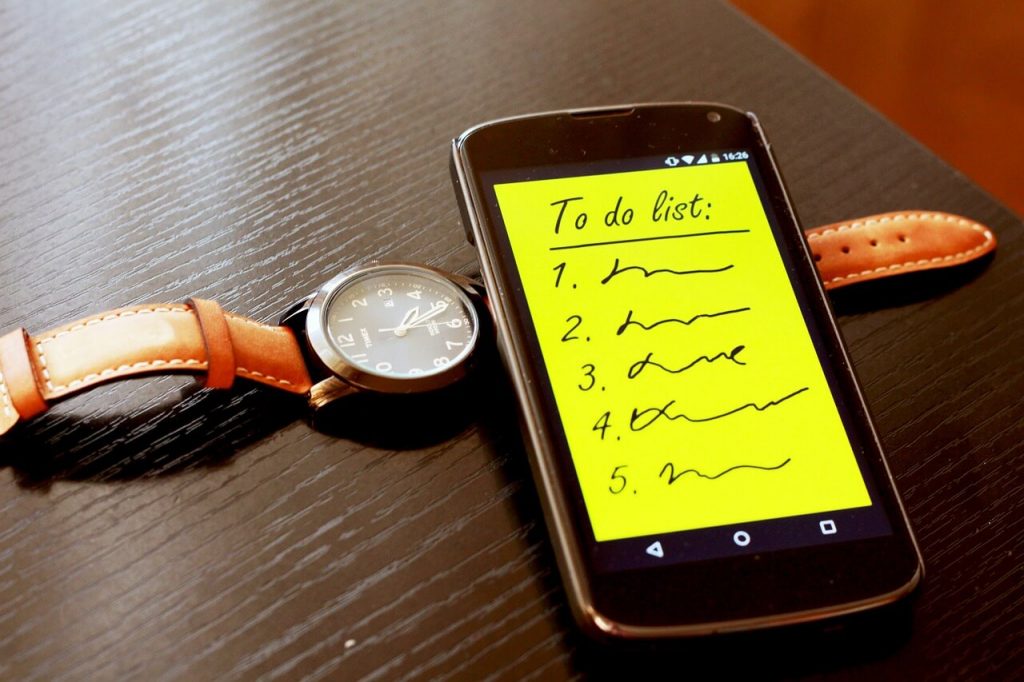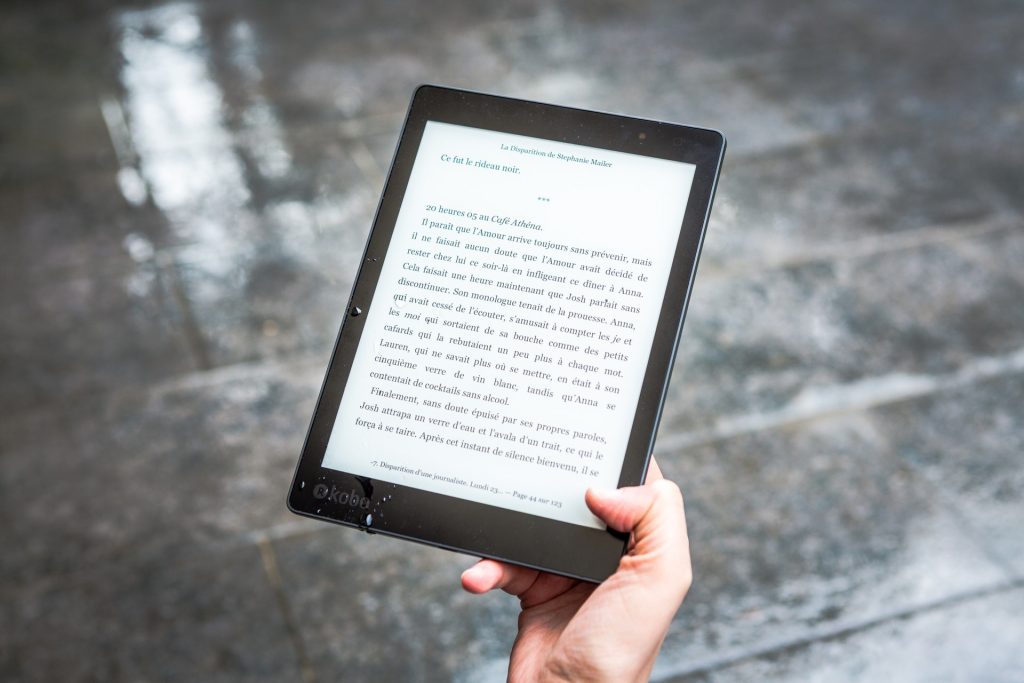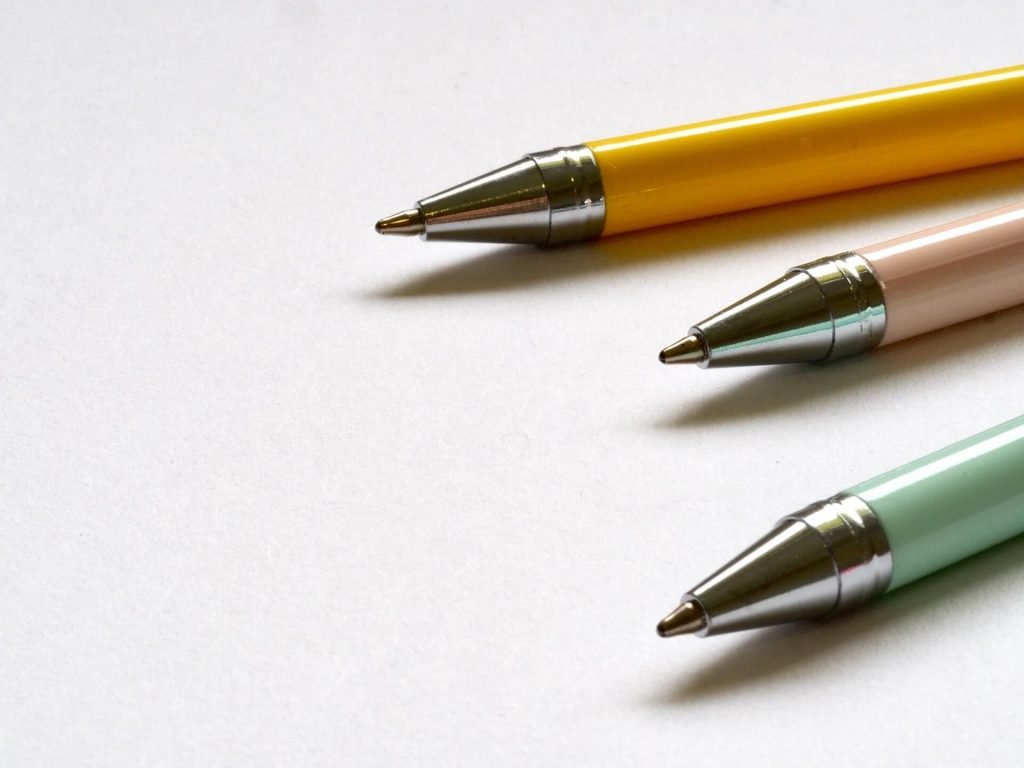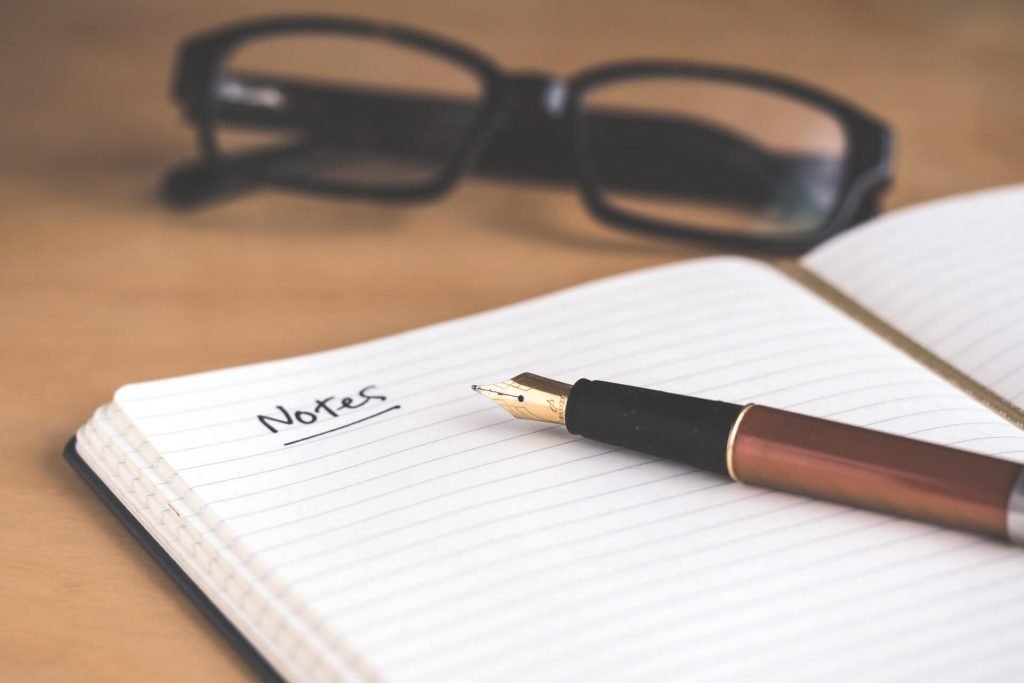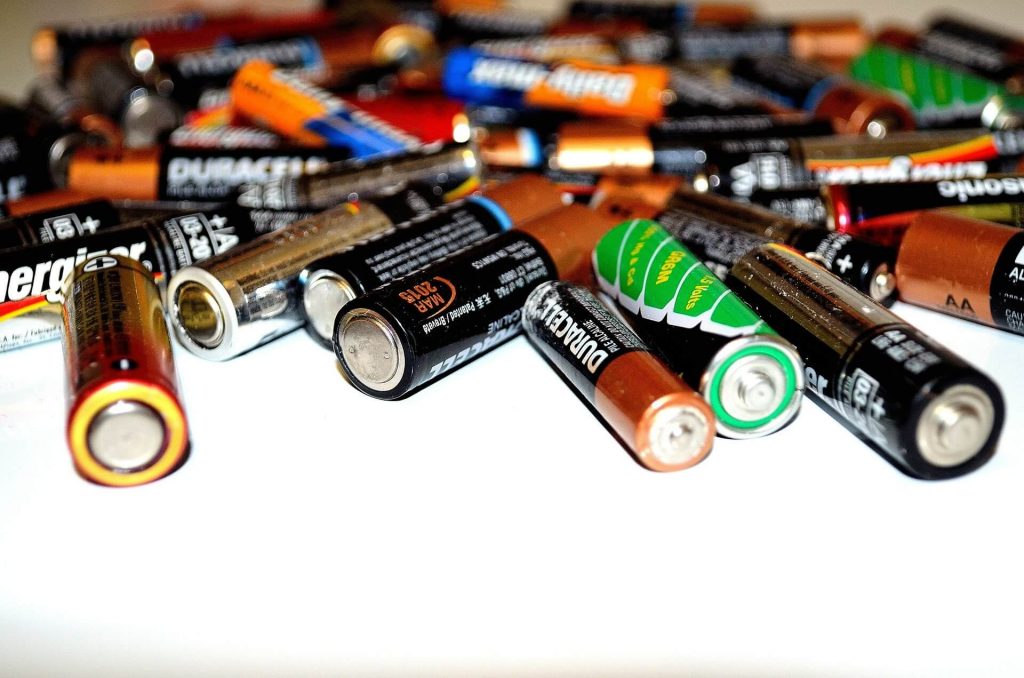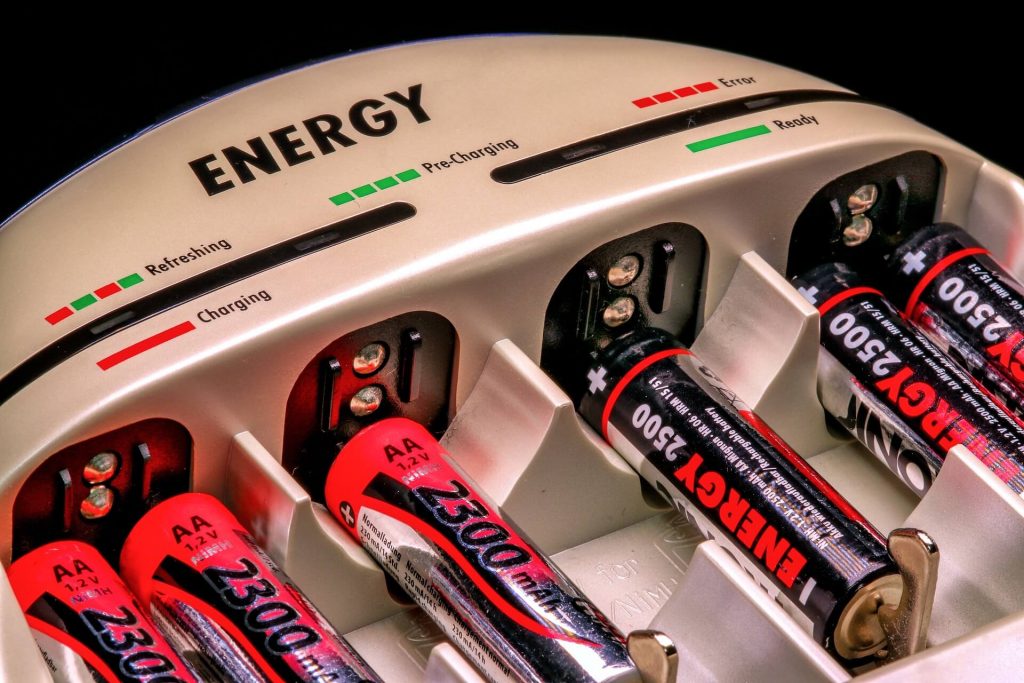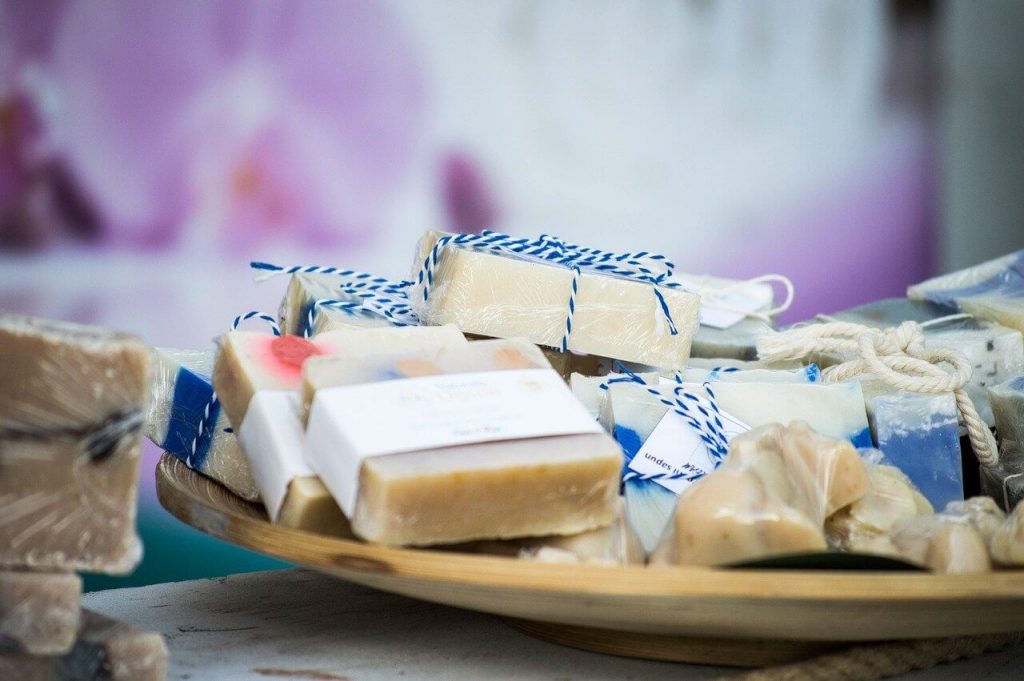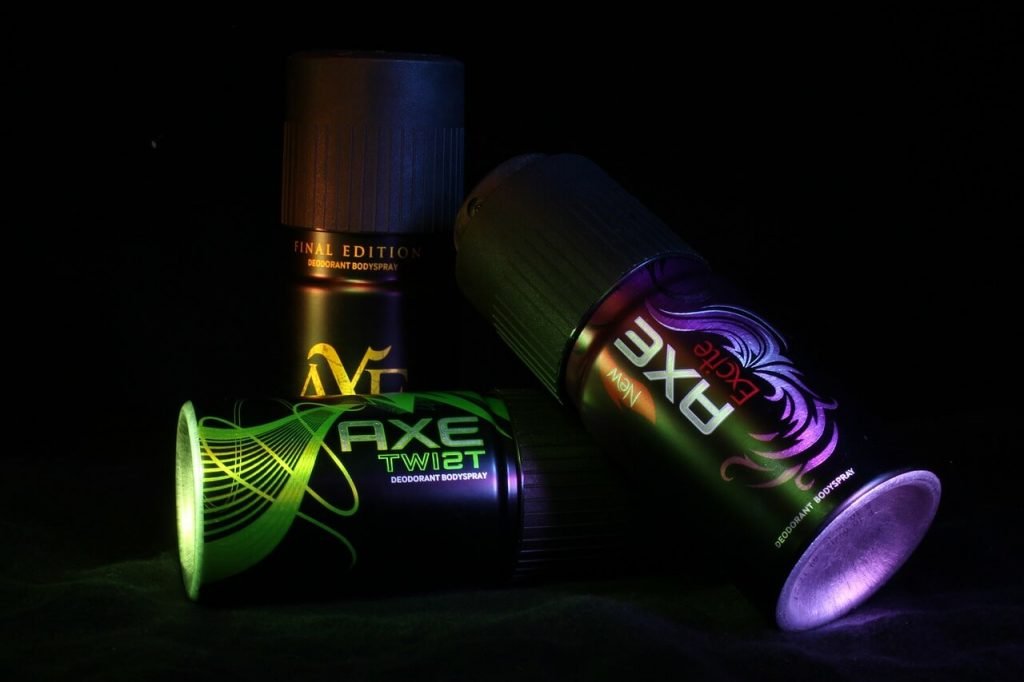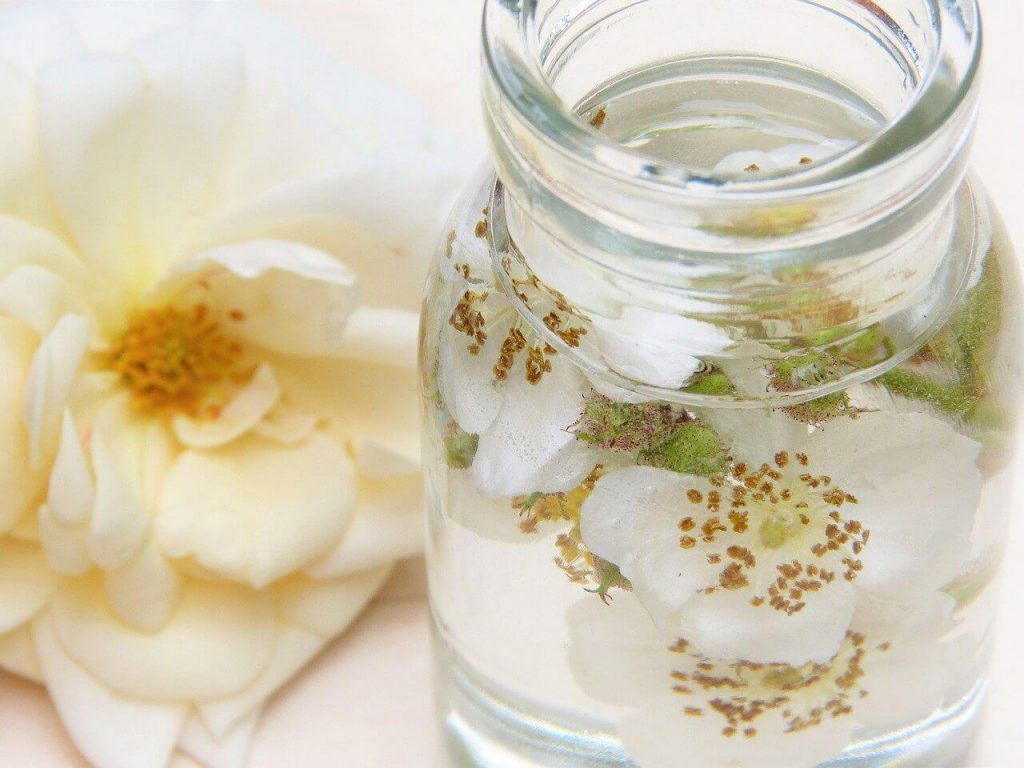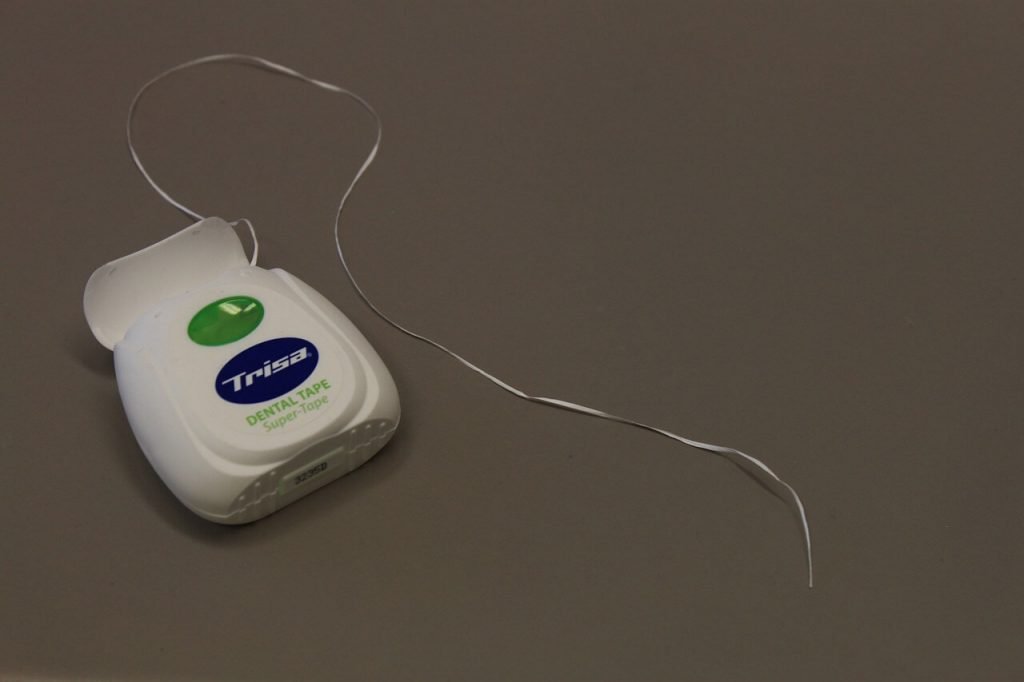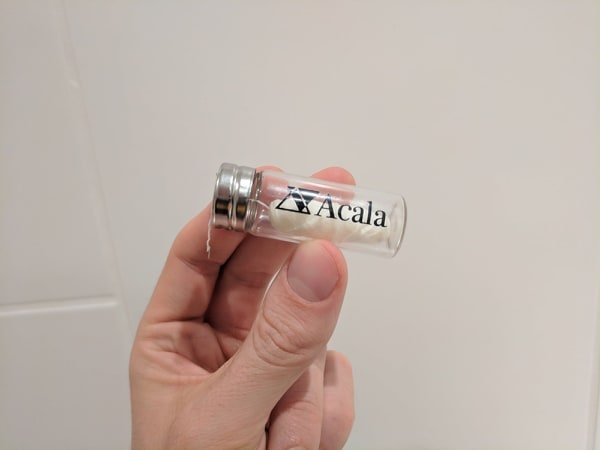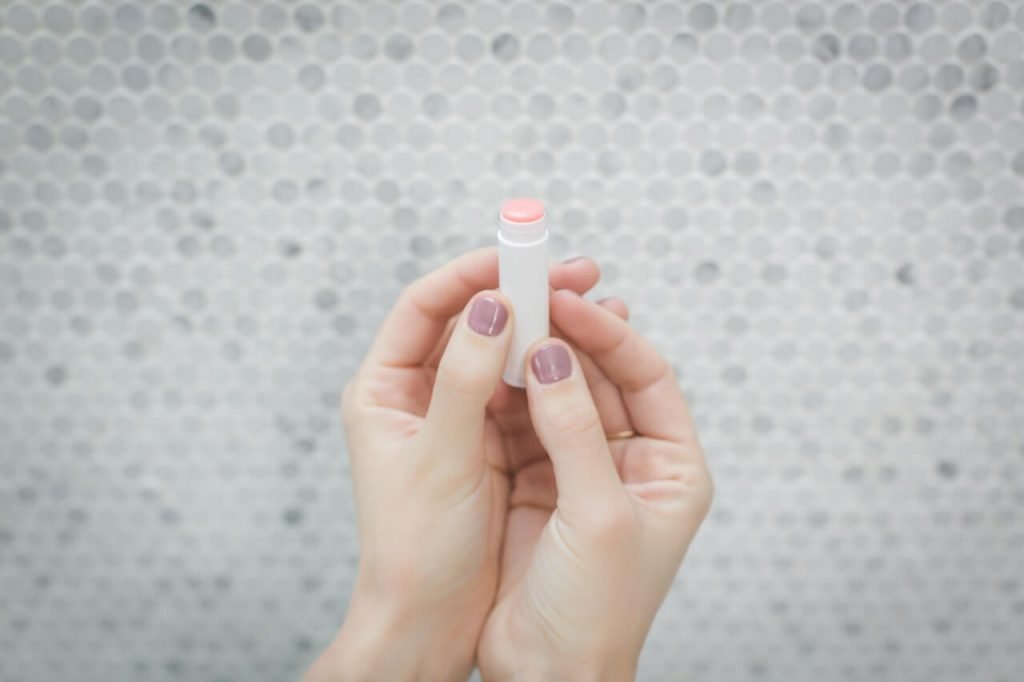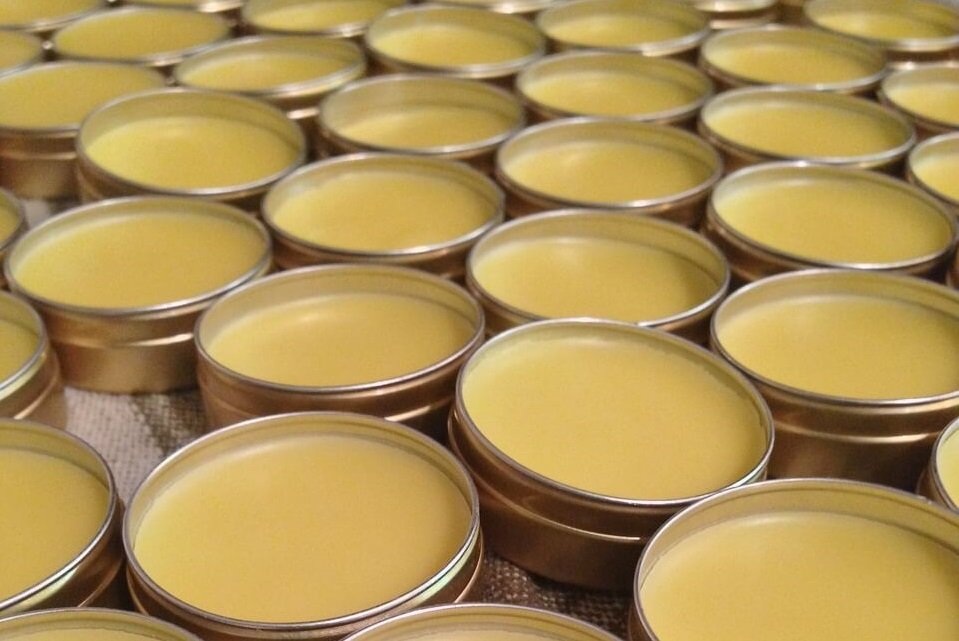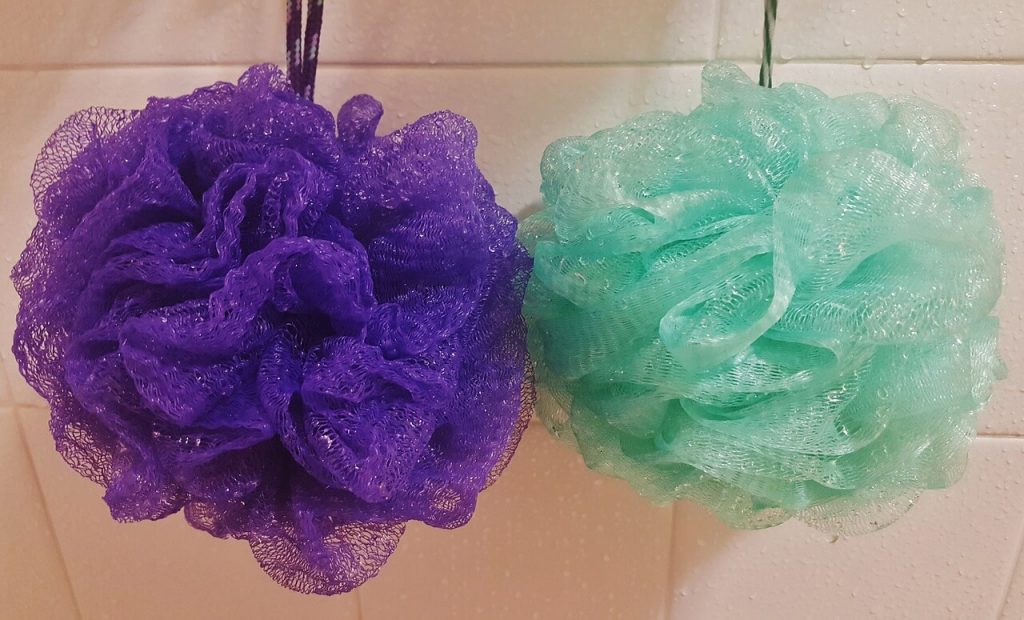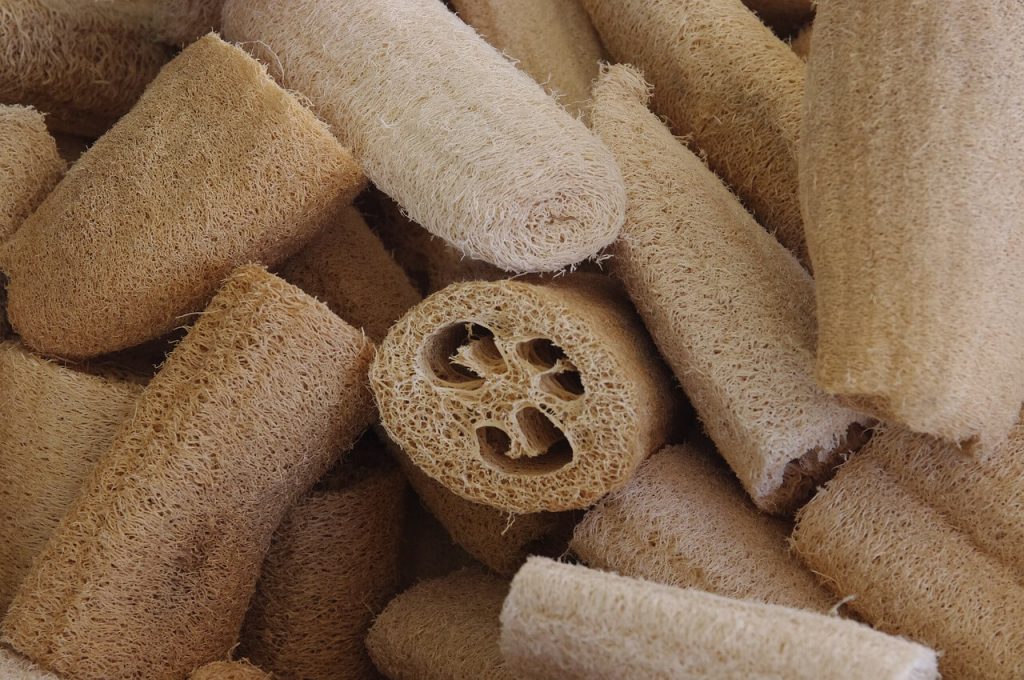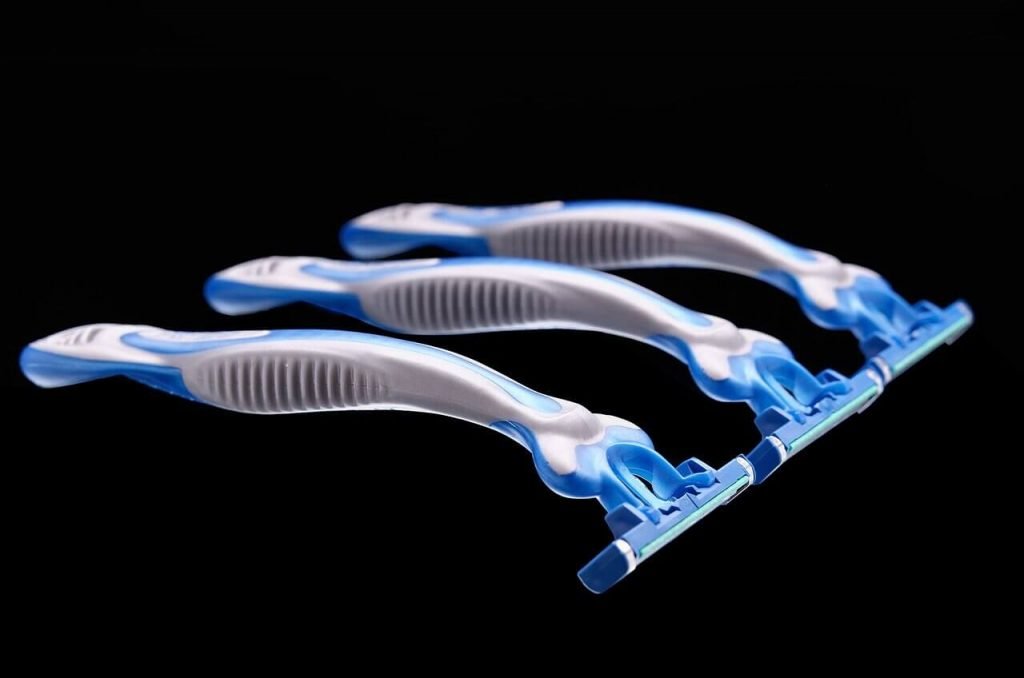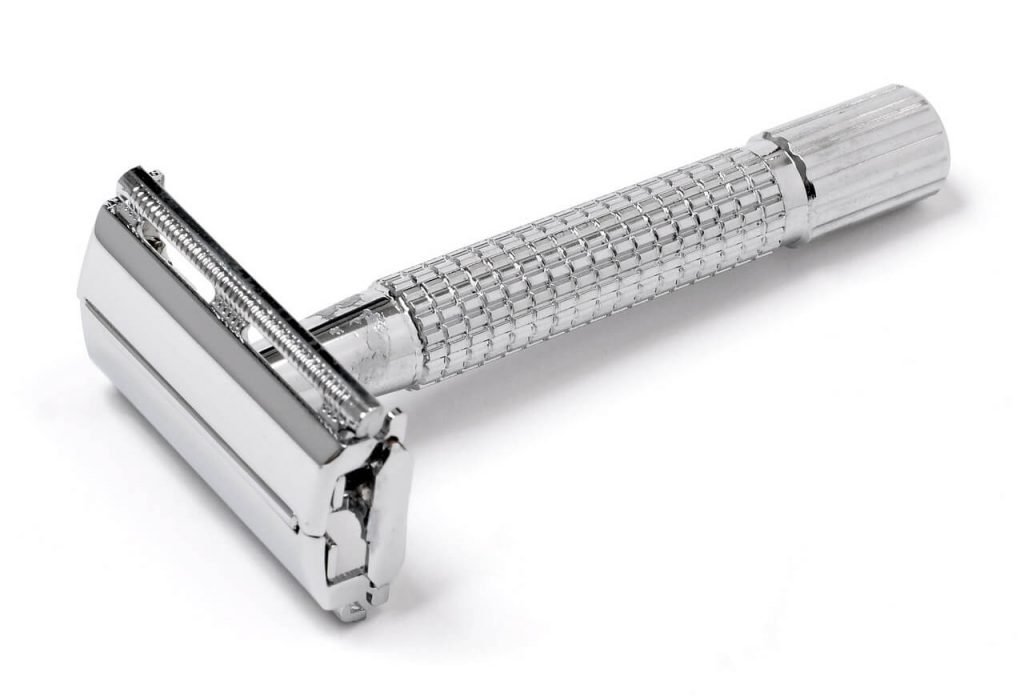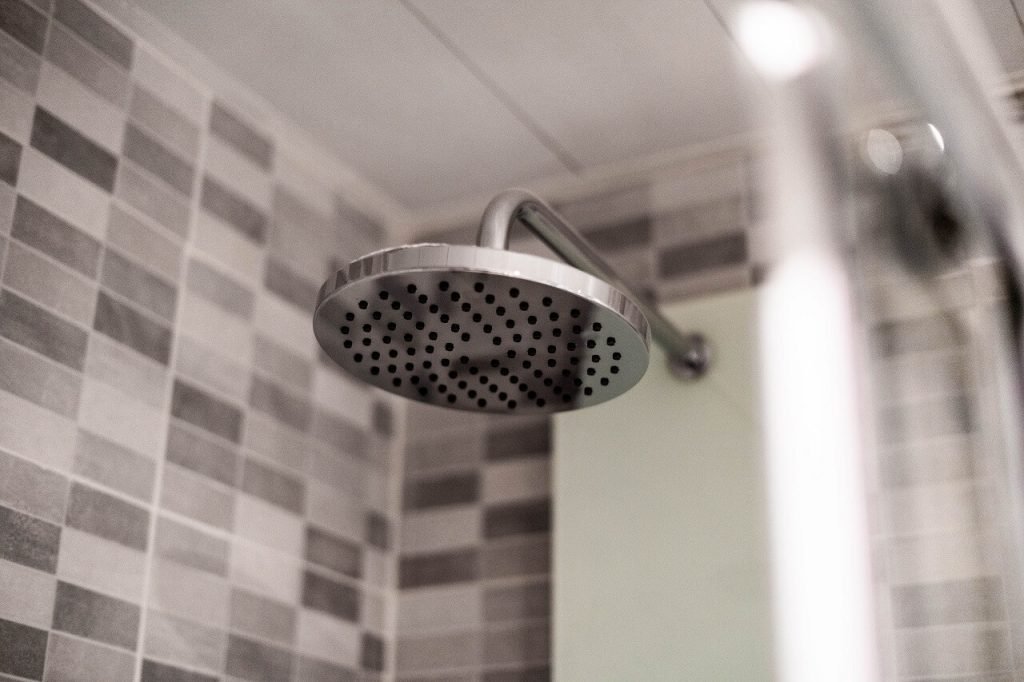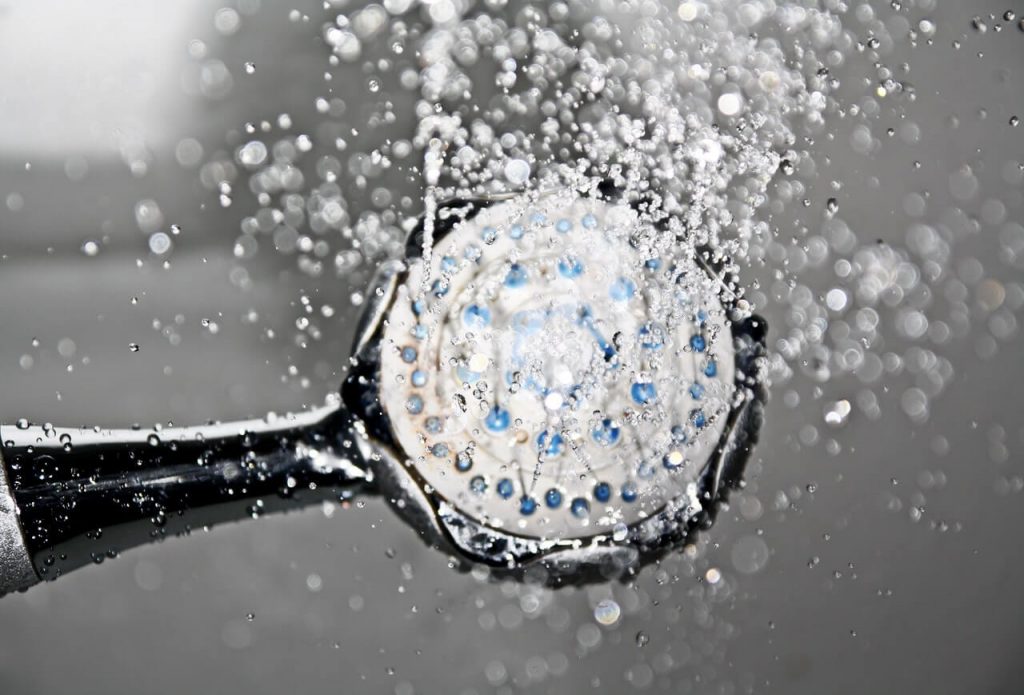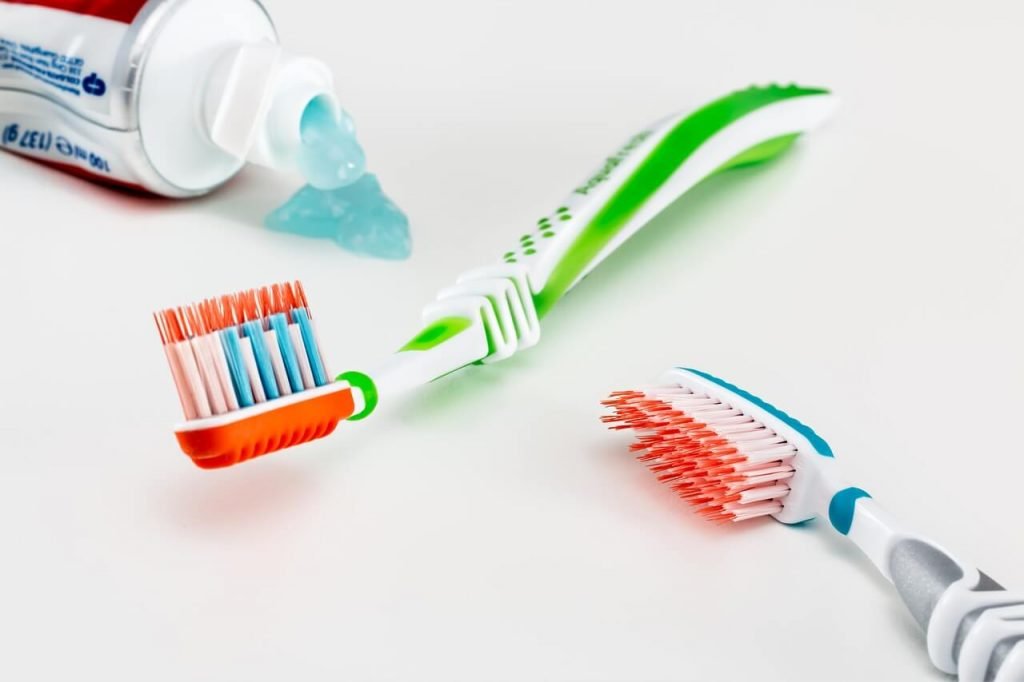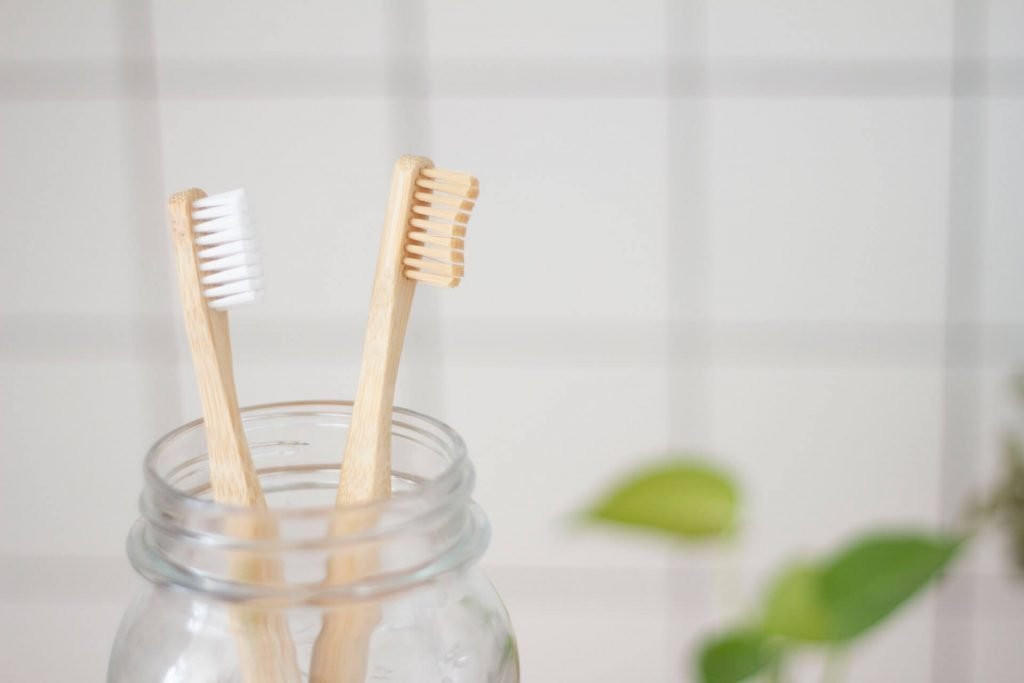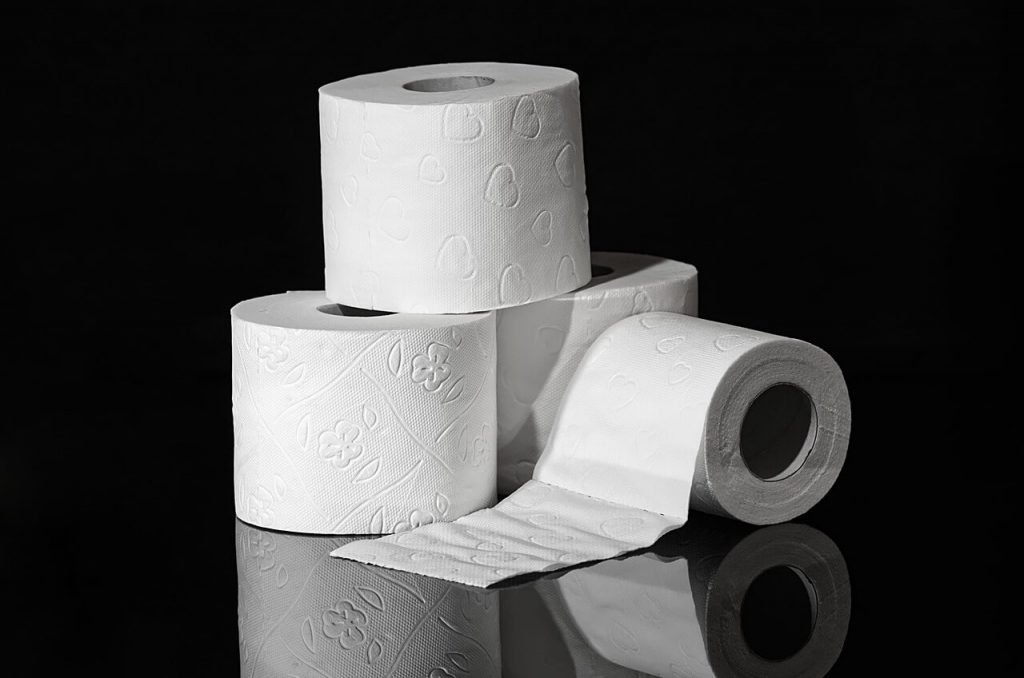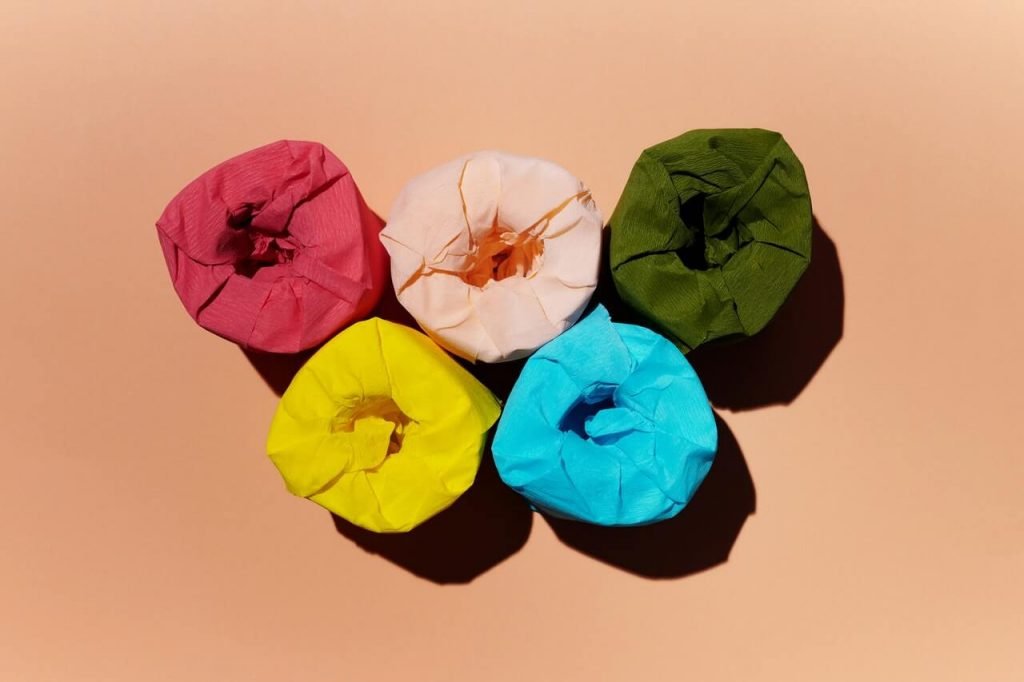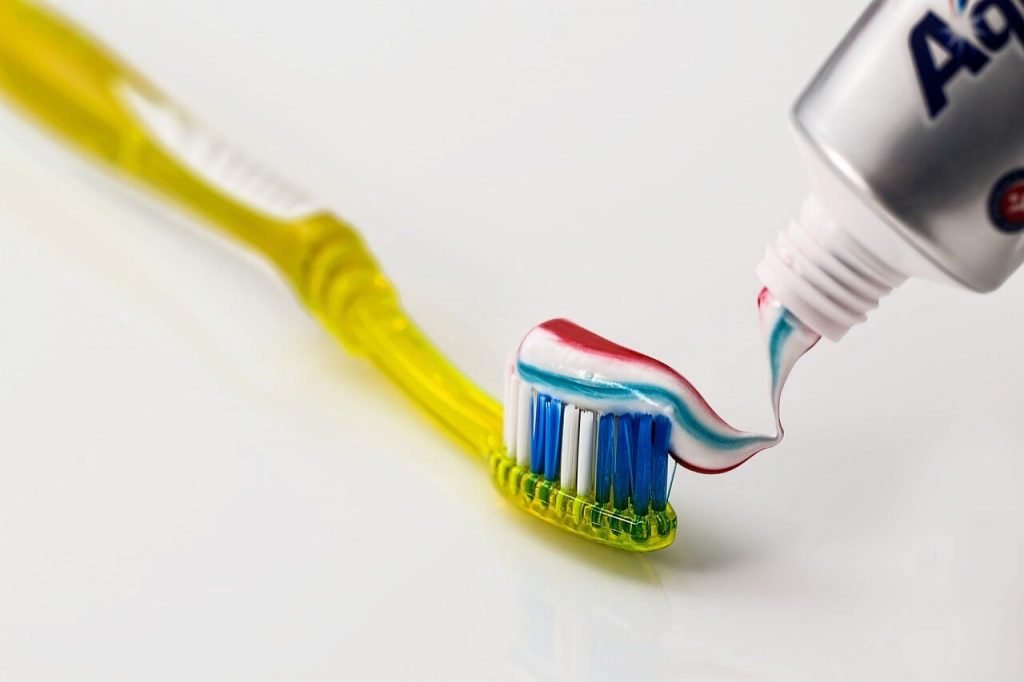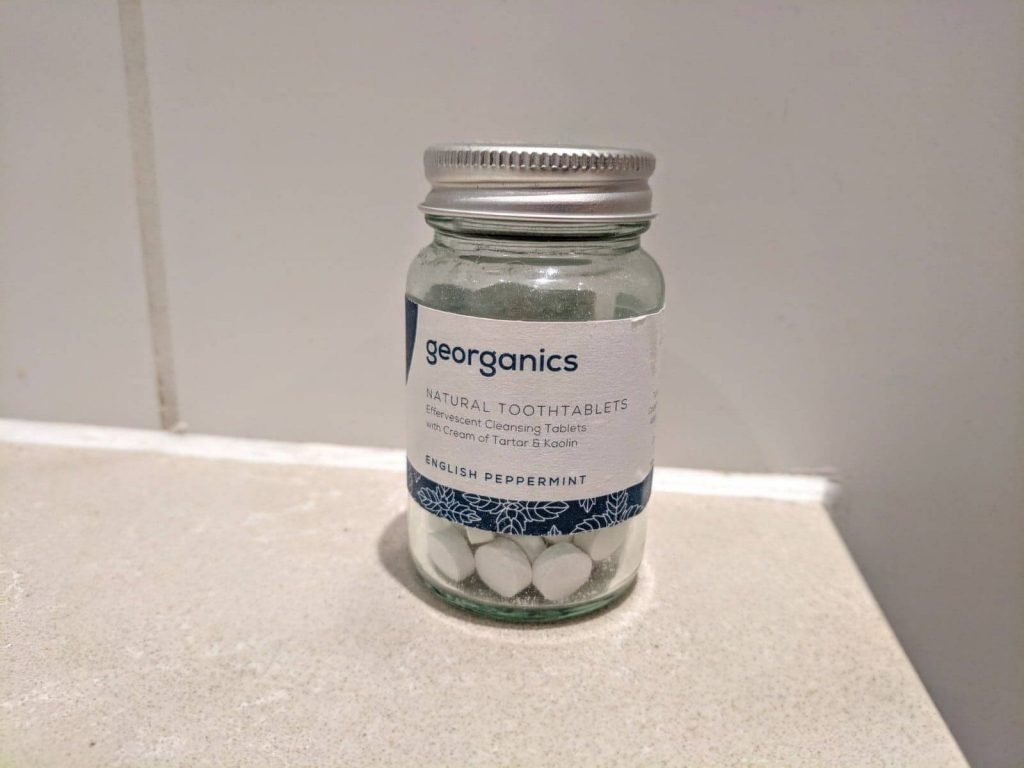Living sustainably doesn’t have to mean completely reinventing yourself. Sometimes the best way to go green is to simply look for ways to make your current habits a little more sustainable.
The idea of sustainable swaps is to identify products you use, and then find the most eco-friendly versions or alternatives.
Here I have compiled a list of green alternatives to common household items.
I’ve split them up into categories to make it a little easier to find the best swaps for you.
Kitchen and Food Swaps
Reusable Baking Sheets
Aluminium foil and baking parchment can be difficult if not impossible to reuse, but luckily they aren’t your only options.
Opt for a silicon baking sheet or some other material that can be washed and reused over and over. It may be plastic, but it’s certainly better than single use aluminium or parchment.
Reusable sheets are less wasteful, will save you money in the long run, plus they’re non-stick!
Beeswax Wraps
As well as their baking uses, aluminium foil and parchment (as well as clingfilm) are often used to wrap leftover food and school lunches.
And while I’m all for finishing leftovers, there are definitely better, greener alternatives when it comes to wrapping.
Beeswax wraps and Candelilla wraps are great sustainable swaps. They’re a little more expensive initially but will save you money and reduce waste in the long run.
These waxy wraps are washable and reusable and can create an excellent seal, to keep your food fresher for longer.
If you must use plastic for leftovers, reusable ziplock bags are a better choice than clingfilm. Durable containers and lunch boxes are another great option for lunches and leftovers, more on them down below.
Reusable Coffee Filters or French Press
Coffee is a must for many of us, but single use coffee filters need not be.
If you’re a fan of fresh coffee then a French press or reusable coffee filter is a no-brainer.
This’ll reduce your waste and ensure you’re always ready for a fresh cuppa.
Keep Cups
For all you tea and coffee drinkers, there are few better investments than your own thermos flask or reusable coffee cup.
Durable cups and flasks will keep your brew hot for longer, while also allowing you to get creative and personalise your own cup.
With so many designs and sizes out there, why limit yourself to the disposable cardboard model?
Real Cups, Plates and Cutlery
The clue is in the name, anything that starts with “disposable” should be avoided whenever possible!
This might seem obvious but an awful lot of people and businesses still use disposable plates and cutlery, either out of convenience or to save money.
But in the long run I don’t really think those reasons hold up.
Real plates and cutlery can be found cheap in secondhand shops and will last you for years. Meaning you don’t have to keep buying them and they’re always there when you need them. Affordable and convenient!
Durable Food Containers
So you’ve got your beeswax wraps for your leftovers, but what if you want something that can be completely sealed or that can hold liquid?
Strong durable containers are your best solution here. You could go for recycleable metal lunch boxes or microwaveable tupperware containers. But your cheapest and most readily available containers are recycled jam jars and mason jars. You probably already have some of them in your house!
Glass is a super recycleable and hard wearing material so jars are a great option and they come in all shapes and sizes!
Fabric Napkins
Paper napkins are a another disposable single use item, if even that! Too often paper napkins are set out with food, not used and then thrown straight in the bin.
This doesn’t make much sense, particularly when you could be using fabric napkins instead. Fabric napkins can be washed and reused again and again, saving money and reducing your waste.
Go for darker coloured or multicoloured patterned napkins if you’re worried about staining!
Metal Straws (Or No Straws At All!)
The best advice I can give here would be to simply go without a straw. For most people they’re not exactly vital to the drinking process after all!
But if you do need one, it’s worth investing in a rigid metal straw that will stand the test of time.
Produce Shopping Bags
You will often see these thin plastic produce bags in the fruit and veg aisle at the supermarket. They might be convenient but it’s worth avoiding them when you can, as they’re difficult to recycle and usually too flimsy to reuse.
Reusable produce bags come in all shapes, sizes and materials and can even be made at home without too much trouble.
Have a look around the house and see if you have any reusable bags or materials that might do the job. If not, Turtle bags like the one shown above are a great sustainable option!
Tea Strainer/Diffuser
Tea bags might not be the first thing that comes to mind when you think of waste, but given the sheer volume of tea consumed globally maybe they should be.
Contrary to popular belief, tea bags are not really compostable and they release micro-plastics when disposed of incorrectly.
Loose tea combined with a reusable strainer or diffuser is the sustainable option here, allowing you to have an environmentally conscious cuppa.
Reusable Shopping Bags
Single use plastic bags are among the most harmful items we use daily. And even single use paper bags generate unnecessary waste.
Invest in some reusable shopping bags and never have to worry about buying flimsy plastic ones again.
Try to buy bags made from recycled materials if possible, or go one better and make your own.
My post on Sustainable Shopping has a bunch of other ways make your groceries a little greener.
Reusable Water Bottles
Plastic water bottles are a huge environmental problem particularly in our oceans, lakes and rivers. They are dangerous for animals, they never fully break down, and are bad for your health when used over a long period of time.
Metal water bottles are your best option. Brands like Klean Kanteen, Swell and others ,make stylish and sturdy bottles that will last you years.
Tap Water
If you’re lucky enough to have clean drinking water straight from your tap then you don’t have to worry about this. But if you rely on bottled water it might be an idea to invest in a water purifier.
I’ve already outlined the issues with plastic bottles themselves, and having a purifier will mean you won’t need to keep buying them.
Cleaning and Waste Swaps
Compostable Bin Bags/Liners
Plastic bin bags are another well known environmental hazard, but thankfully there are ways to minimize their impact.
Biodegradable bin bags are a great alternative, just remember to empty the bin regularly so that the liner doesn’t start to degrade too soon!
Handkerchiefs
Packets of tissues are another significant source of waste. And while handkerchiefs might seem old fashioned, sometimes the old ideas are the best ones.
Handkerchiefs can be washed with your laundry and reused repeatedly.
Low Chemical Cleaning Products
As good as they might be, many modern cleaning products come chock full of potentially harmful and environmentally damaging chemicals.
But there are some great and more natural alternatives. Your DIY cleaning kit could include products such Baking Soda, Lemon, Vinegar and Essential oils.
Here are some handy natural cleaning remedies using the above products.
Use a Compost Bin
Make the most of your food waste by turning it into something usable. If you or anyone you know has a flower bed or does any kind of gardening then composting might be the swap for you!
Composting creates fertilizer that can be used as a gardening superfood for growing your own plants and vegetables.
It’s a great way to make use of food waste and prevent scraps from ending up in the landfill. Click here for a beginners composting guide.
Tea Towels
Many households, go through hundreds of sheets of kitchen towel and tissue each year. They’re great to have on hand for the occasional mess, but they’re not the greenest option.
A cloth towel or even just a rag made from old clothing or fabric is a far more sustainable choice and can be washed and used again and again.
Pick up a variety of towels and cloths so that you always have something on hand for wiping up a spill or cleaning surfaces.
Laundry Detergent
Much like the cleaning products I mentioned earlier, detergents can be full of nasty chemicals and irritants.
Keep an eye out for eco friendly detergents and washing agents such as Sonnets and Lily’s Eco Clean
You can also take a look in your local zero waste store to see if they offer refills, so that you don’t have to buy a new bottle each time. Less plastic bottles and containers equals less waste.
Plastic Free Cleaning Utensils
Whether it’s a broom, scrubber or hairbrush, there are lots of non-plastic utensil options out there which will stand the test of time.
Wooden handled products are your best bet and are more repairable than their plastic counterparts. They’re also compostable and usually reusable once they reach the end of their life.
Separated Rubbish Bins
This one’s a bit of a no-brainer and one most people will be familiar with. While recycling isn’t a complete answer to out pollution problems, having proper bins for different types of waste will encourage you to dispose of rubbish responsibly.
Mark bins for recyclables, glass, food and general waste and stick to these labels. Learn what is and isn’t recyclable and also make an effort to clean cans, containers and jar before you toss them in the recycling bin!
Try to limit your waste, and reuse what you can. Always check before you chuck.
Air Dryer
Electric dryers are one of those household appliances that are useful when you’re in a hurry, but should only be used when necessary.
A clothes horse, washing line or some other air drying method will do the same job for free without consuming any energy.
Plus air drying won’t damage the fabric of your clothes, making them last longer.
For more sustainable laundry ideas head over to my post on Energy savers!
Tech and Office Swaps
Energy Efficient Lightbulbs
Found at your local hardware store, energy efficient bulbs are an easy way to save energy and save money on your electricity bill.
Check out my post on Energy Savers for more ways to reduce your energy consumption!
Digital Notepads
Taking notes is a great way to keep track of things, but paper waste is another area where we need to do better.
Try to go paperless when you can by downloading a notepad app on your phone.
If you really need the physical version, why not give Evernote a try or invest in a small chalk or whiteboard for your house so that notes can be erased.
If paper is your only option, ensure that you make use of every page, front and back to reduce waste.
Second Hand Books or Ebooks
Hear me out! I love a good book, but the reality is that they use up a lot of paper and often spend a lifetime sitting on a shelf.
Borrowing and lending books is a far more sustainable choice, whether it be from your local library, or from friends and family. This will save you money and mean that.
And if you can’t find a copy to borrow, check out your local second hand book shop for a more sustainable way to buy.
If you do enjoy having your own collection of books, an e-reader might be the way to go. They may not feel the same as a book in the hand, but they are the paperless way to build your own collection.
Refillable Pens
Ballpoint pens are another everyday item that aren’t much use once they run out of ink.
I’ve found that the best solution here is a fountain pen or something similar that can be refilled and reused. Pair it with an ink bottle so that you don’t have to buy plastic cartridges.
Rechargeable Batteries
I used to have batteries everywhere, and inevitably half of them wouldn’t even have any juice left in them! Stop wasting money on single use batteries and invest in some rechargeable ones and a charging station.
They’re a little more expensive initially but they will pay for themselves before you know it. Plus you know you’ll always have a couple of charged up batteries ready to go!
Bathroom Swaps
Natural Zero Waste Shower Products
Moving away from traditional bottled bathroom products is a great way to cut down on your plastic waste.
You can go with solid bars of shampoo, conditioner and soap, or if you have a local zero waste store you can see if they offer refills of your existing shampoo bottle. That way one bottle becomes reusable!
You should also look for more natural products, free from sulphates and harsh chemicals.
Natural Deodorant
Natural and low waste deodorants are becoming more and more widely available. Keep an eye out for deoeodrants made from natural oil and extracts as well as those that are sulphate free.
Be it a solid stick or a paste, there are a bunch of ways to smell good sustainably!
Many of these products come in metal containers or compostable packaging, so that even after you’e used them they stay eco-friendly
But remember, even for natural deodorants, always check the ingredients for allergens to ensure you don’t have a reaction.
Biodegradable Floss
Yes even dental floss! Organic biodegradable floss is the way to go. Some brands even come in a tiny glass bottle which can then be reused afterwards.
Wax based Lip Balm
Wax based products are a great alternative to chemical petroleum balms.
You can either opt for beeswax or go for vegan options made from avocado and coconut oils instead.
Just like deodorants, many natural lip balms come in metal or compostable containers to reduce their impact.
Organic Loofah
Did you know that the plastic loofahs that you see in store are actually synthetic copies of naturally occurring organic loofahs. That’s right, they’re an actual plant!
Look for the plant version for a more natural and compostable shower scrubbing experience.
Safety Razor
Disposable razors are another plastic product that are a source of unnecessary waste.
Safety razors were actually the norm before the rise of the disposable plastic version. And if you ask me often the original ideas are the best ones!
A safety razor gives you a great shave and means you get to reuse the body/handle of the razor and just have to replace the blade every now and again.
You can also reuse or recycle the old metal blades when they go blunt. Most safety razors are made purely from wood and metal so no plastic waste either!
Water Saving Shower Head
Water may not be a pollutant but it’s certainly a resource we need to conserve. A water saving shower head can do just that, providing a great showering experience while reducing your water consumption.
You’ll hardly notice the difference but you’ll being saving water regardless!
Compostable Toothbrush
Thankfully toothbrushes are not a single use product, but the are made of mass produced plastic which is very difficult to recycle when they are eventually throw out.
Compostable toothbrushes are a great idea for whenever your current toothbrush needs replacing.
They usually have wooden handles and the bristles will break down naturally when you’re done with them.
Recycled Toilet Paper
Bear with me, while there aren’t many alternatives to toilet paper itself, not all rolls are made equal. Look out for toilet paper made from recycled material, or “tree free” varieties.
You can go one better by buying a bidet attachment for your toilet, this will greatly reduce the amount of toilet paper you need to use.
Natural Toothpaste
There are recipes out there for homemade toothpaste but I would recommend just going for a natural toothpaste product.
Many brands offer toothpaste in tablet form as well as traditional paste. The bonus with the tablets is that you can often reuse the jar they come in and you never use too much or too little when you brush.
Zero waste stores sometimes have the tablets on their own as well, so you can refill as you go.
.
.
For all of the above swaps it’s worth noting that you should try to use whatever you already have first. Then once you need to replace an item, look for a sustainable swap!

